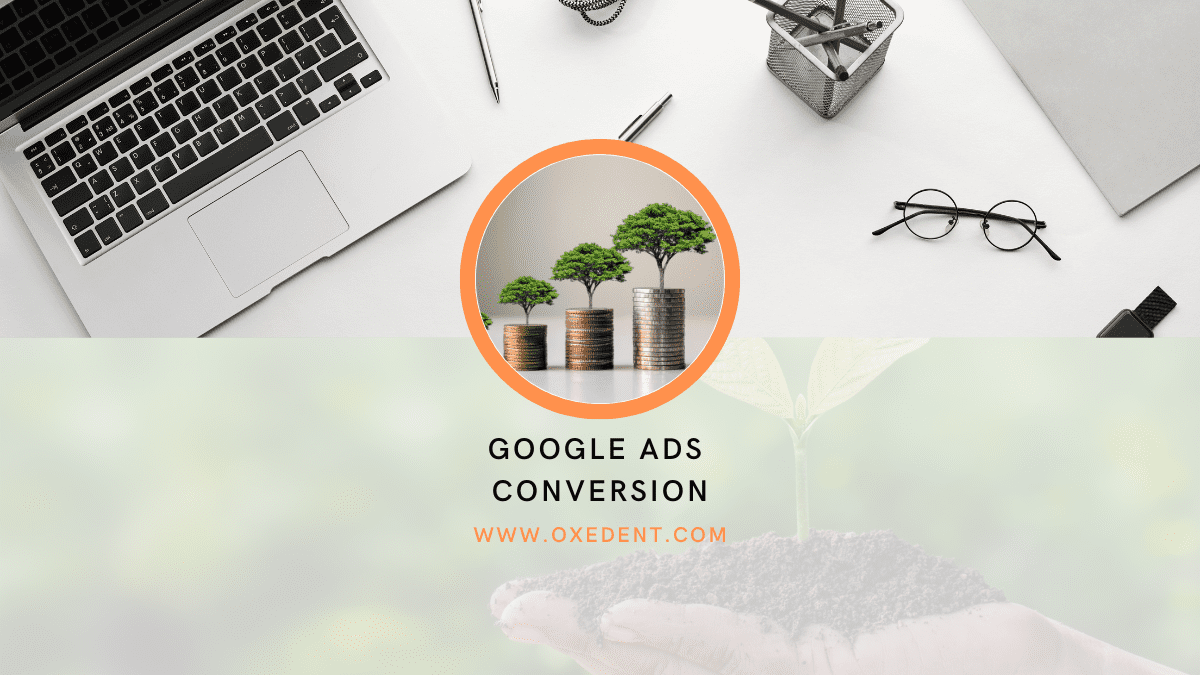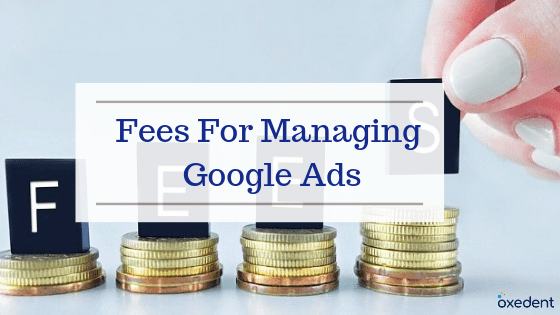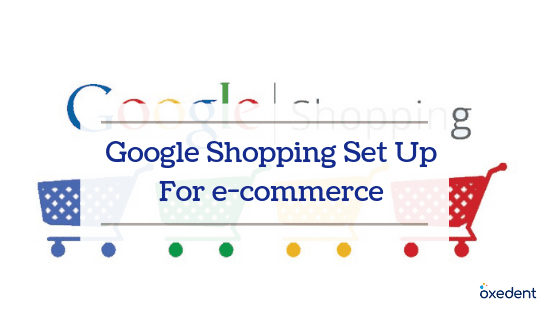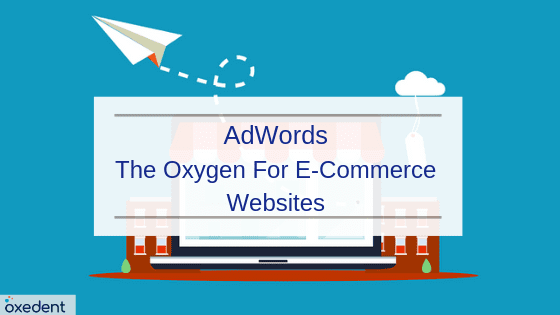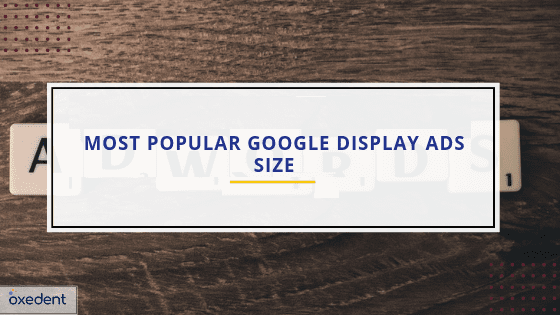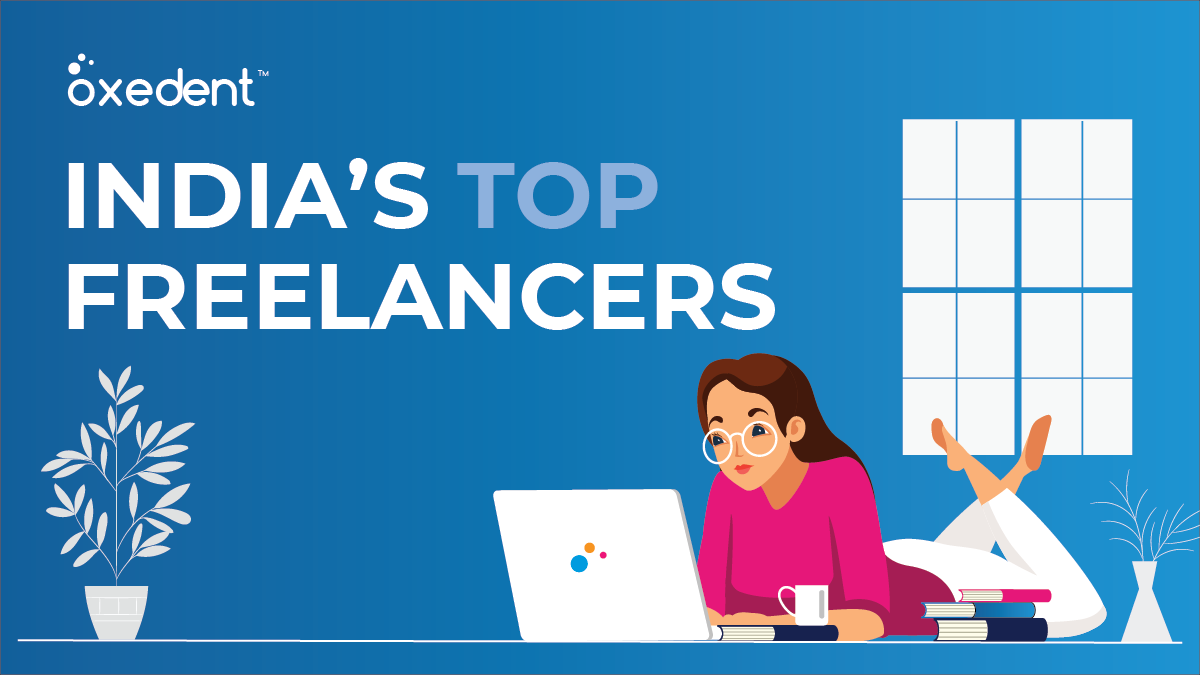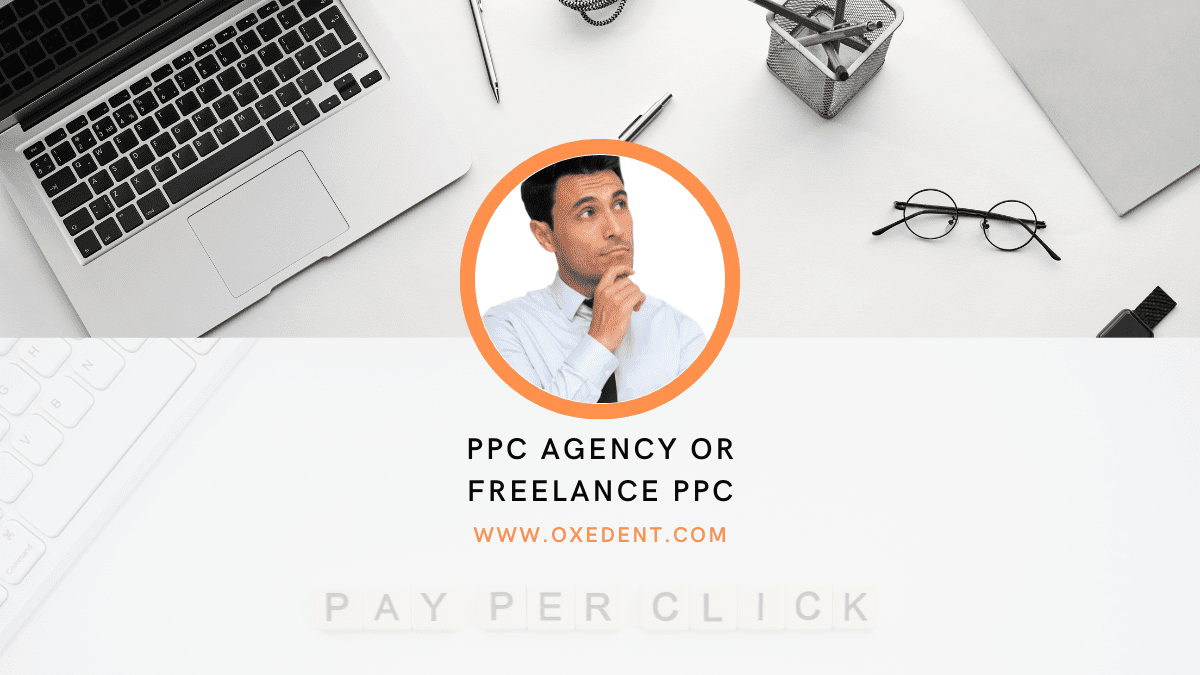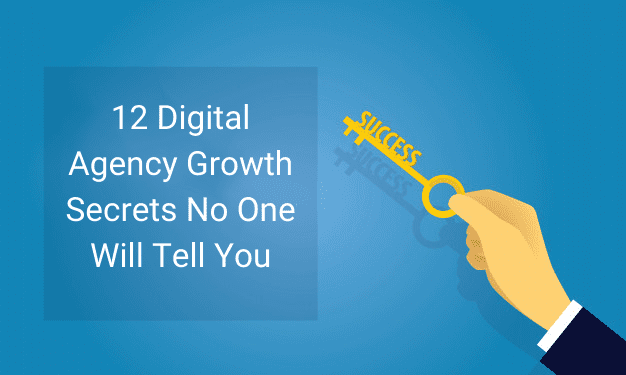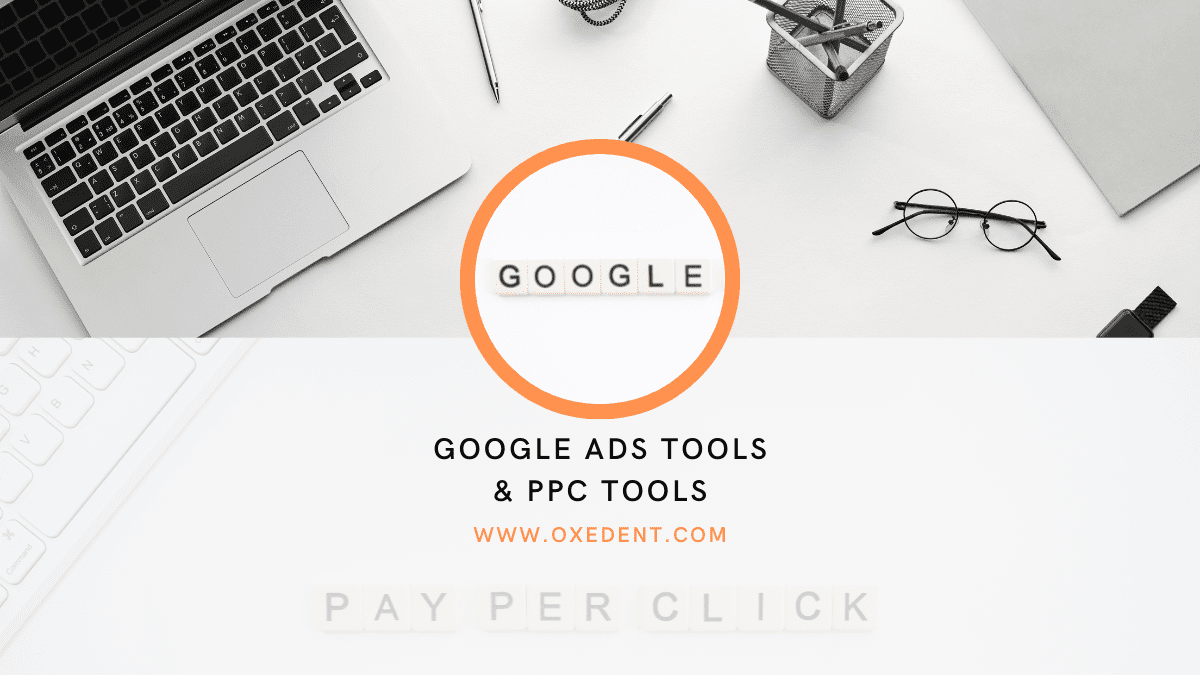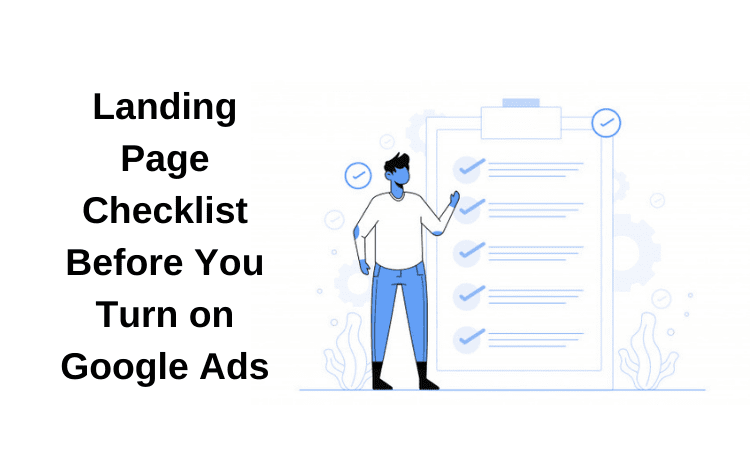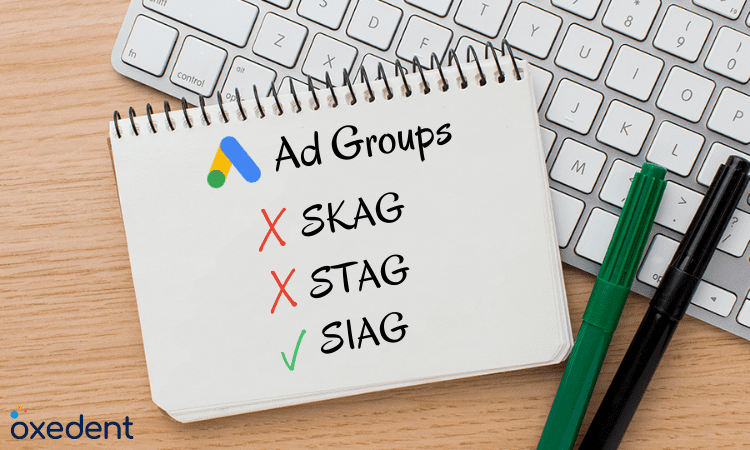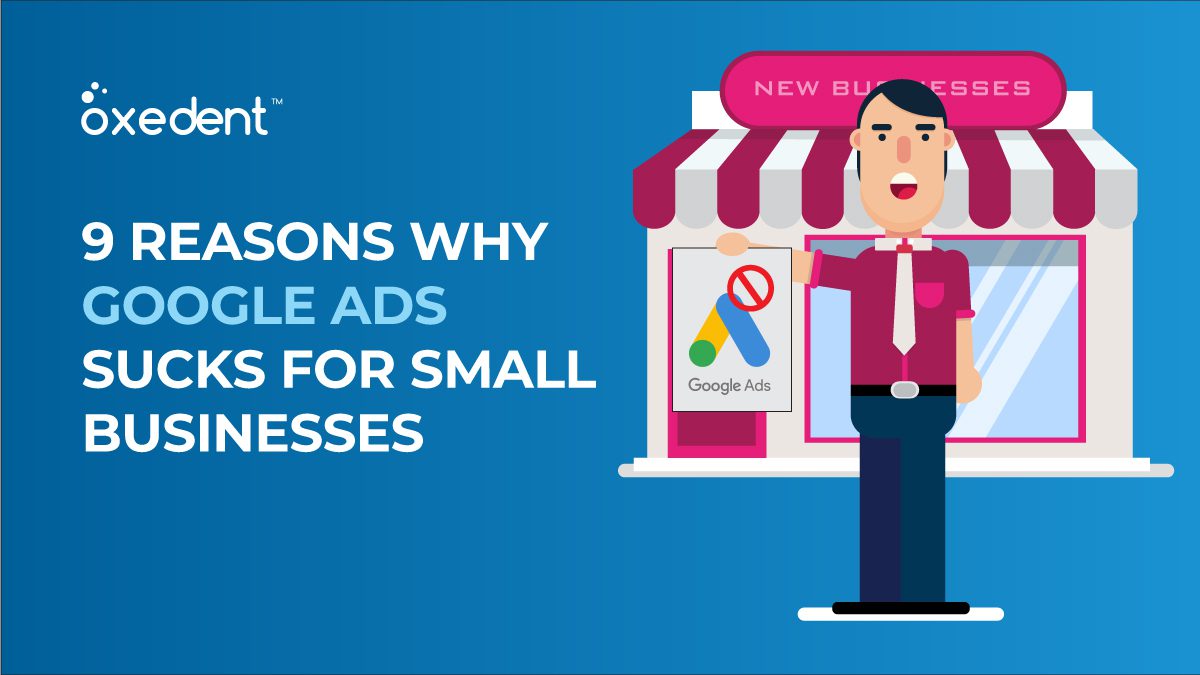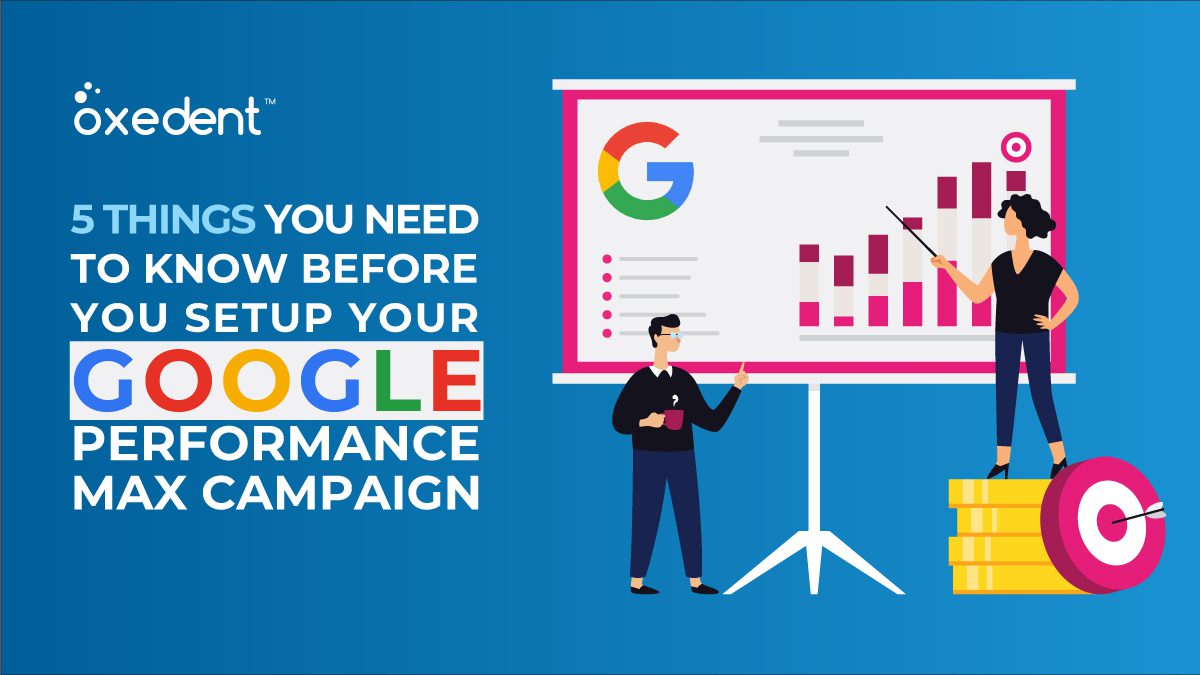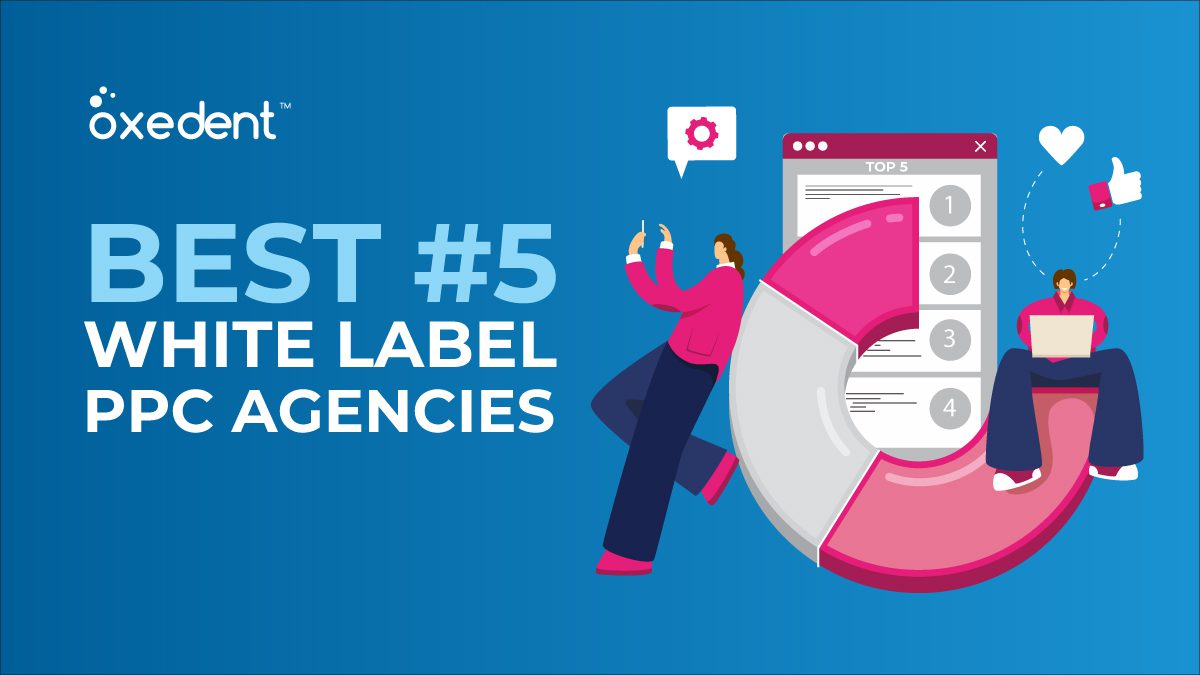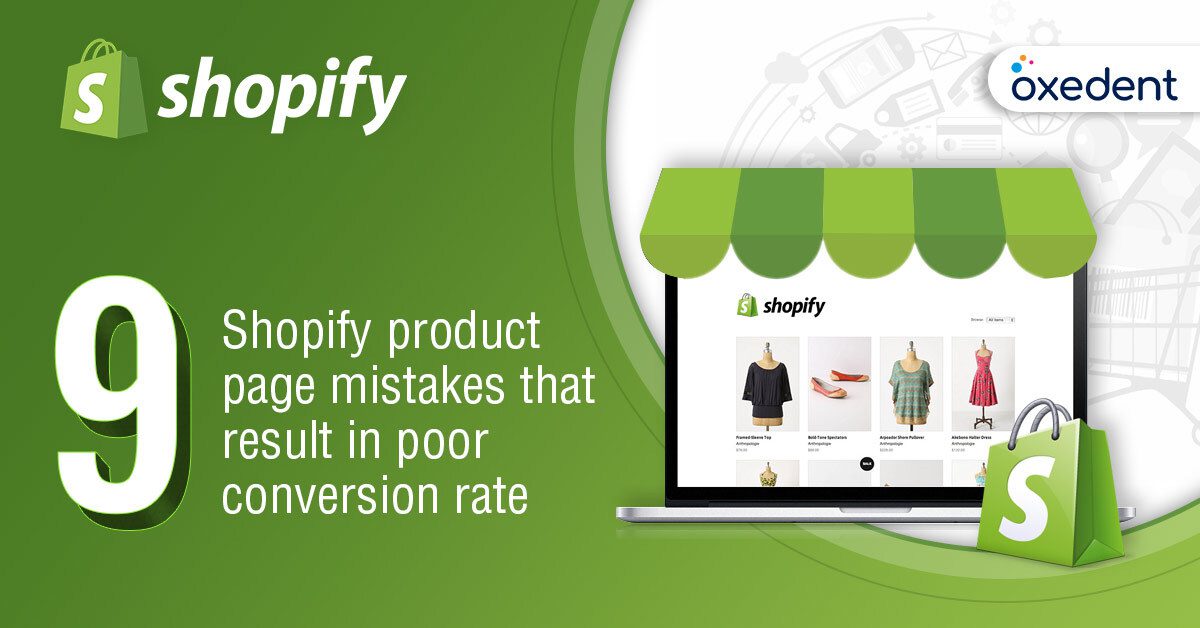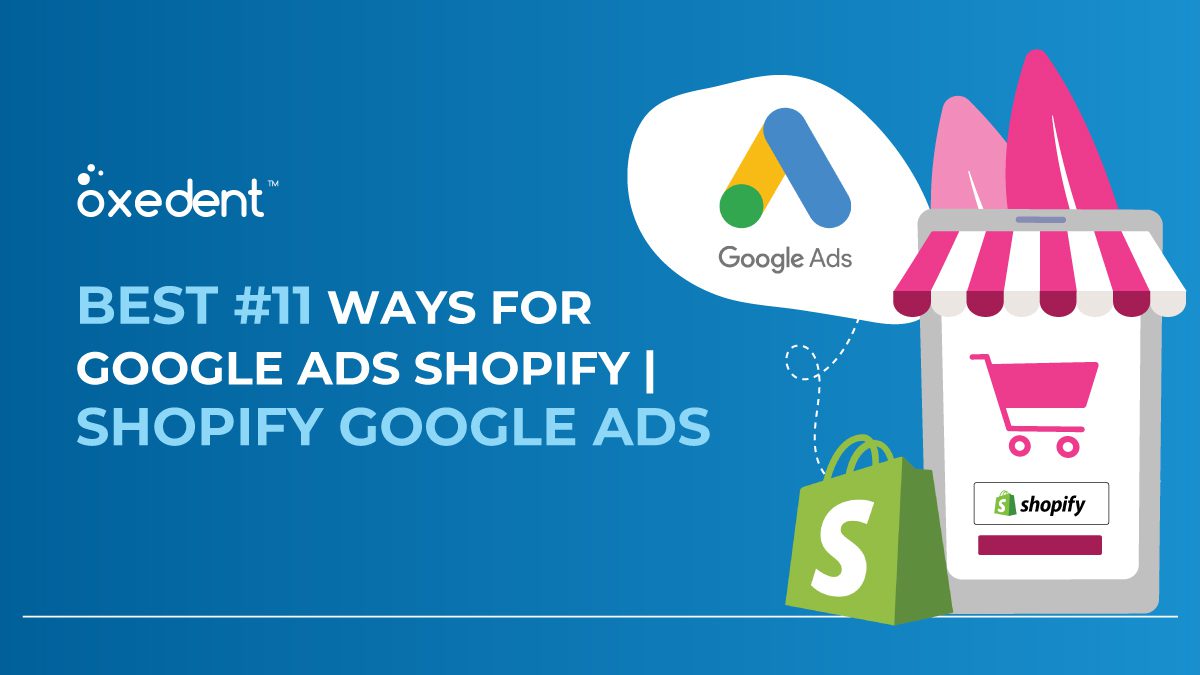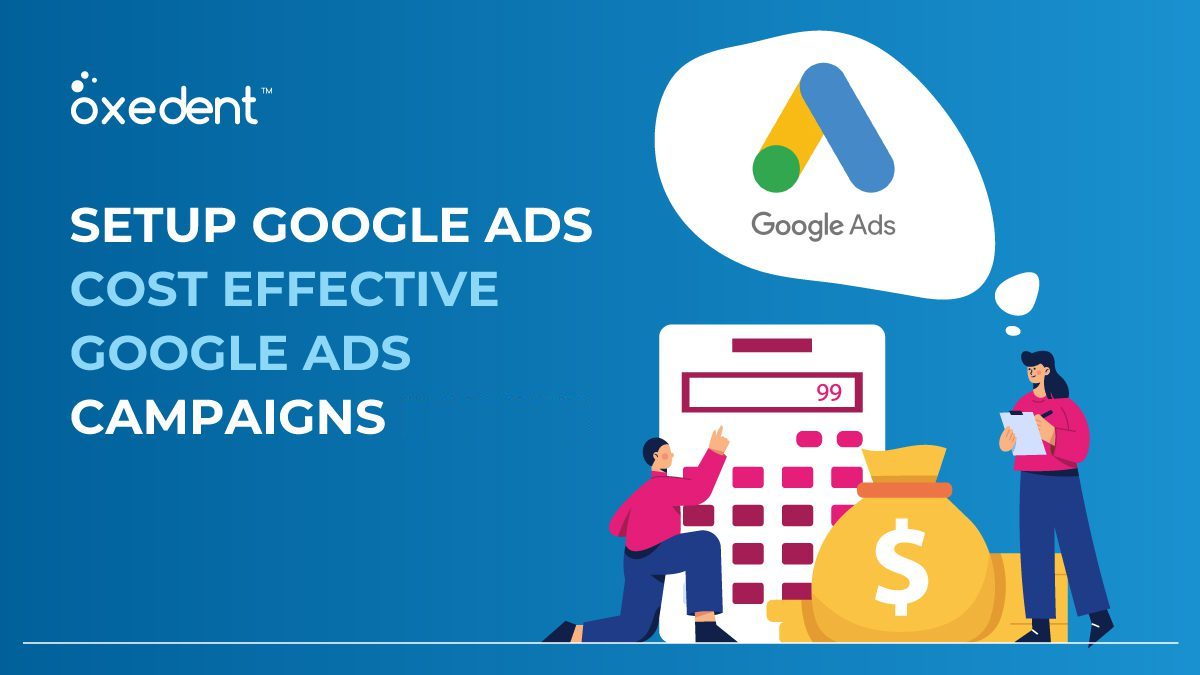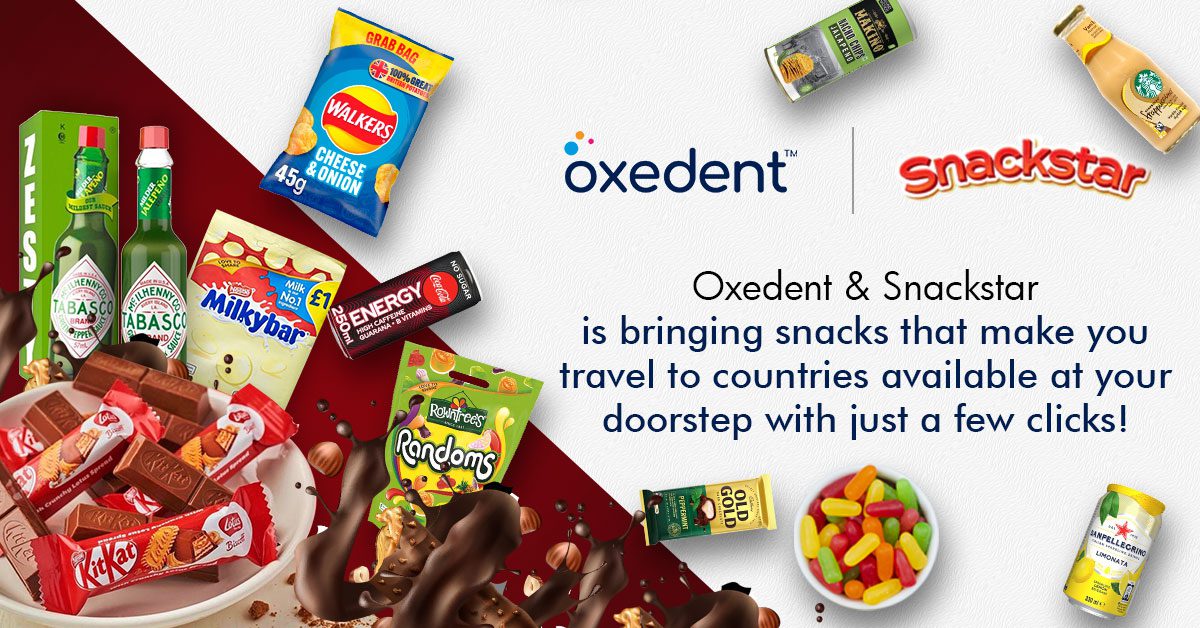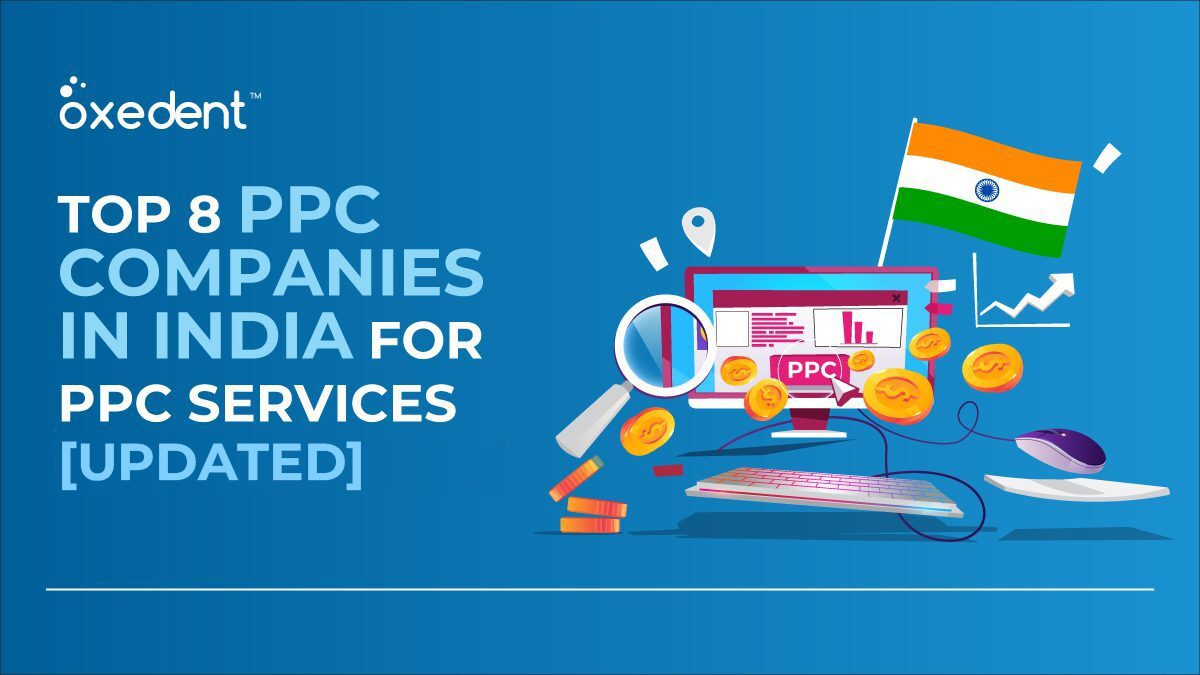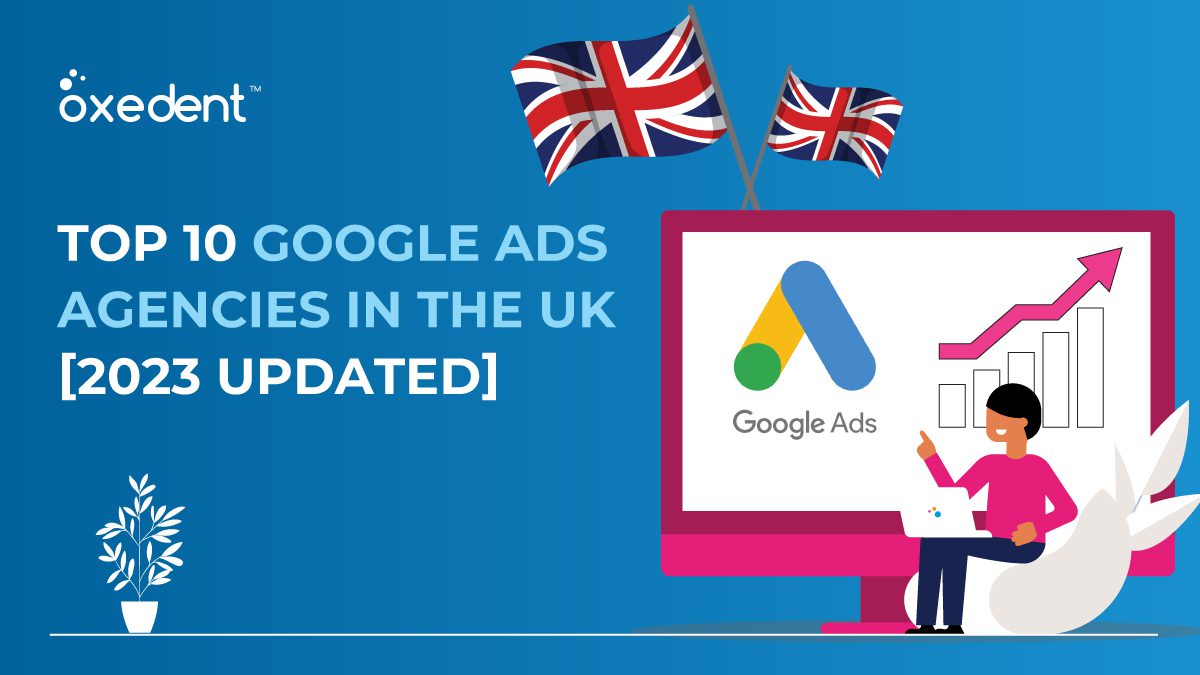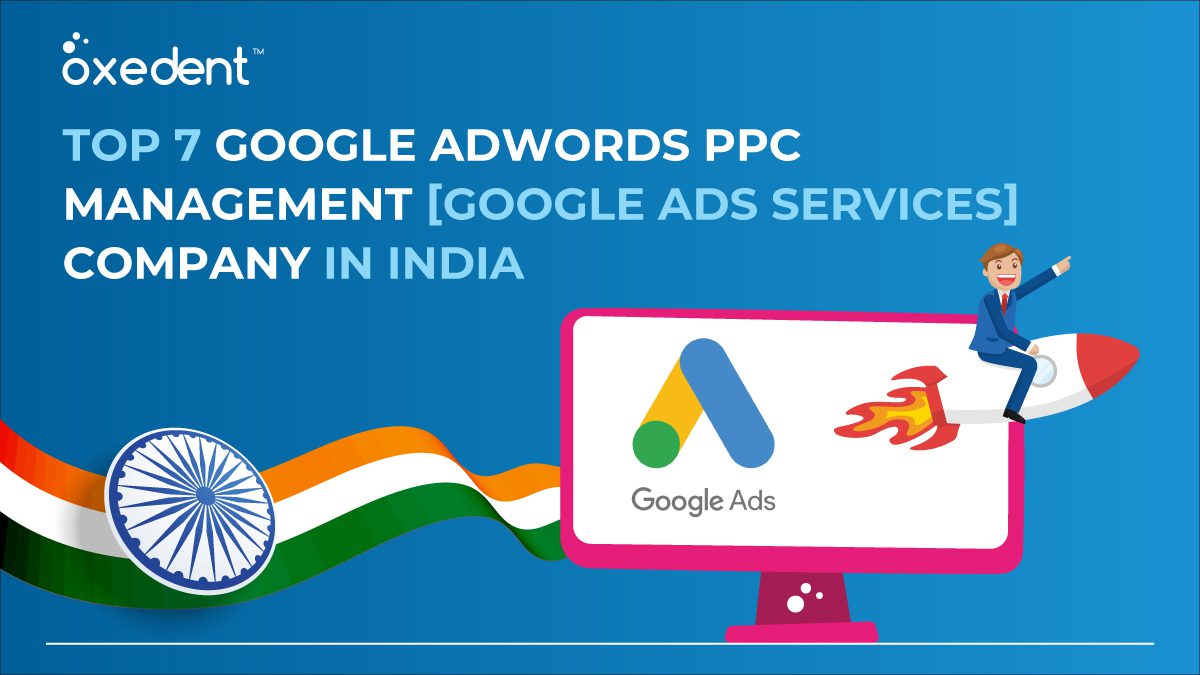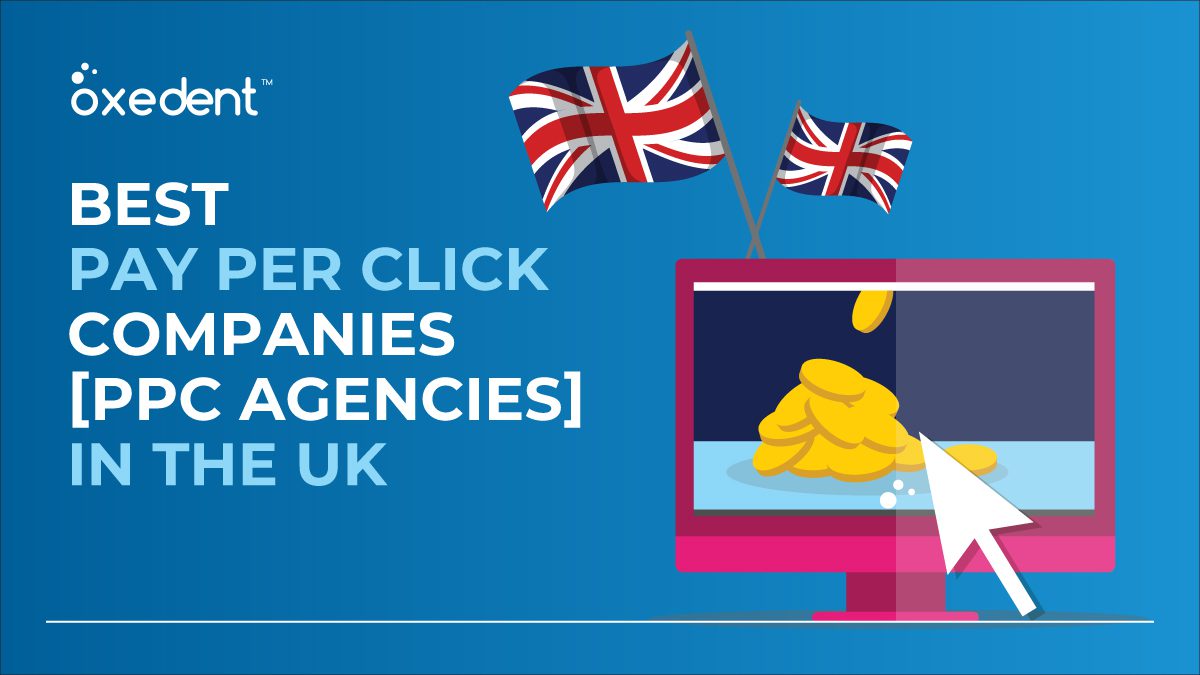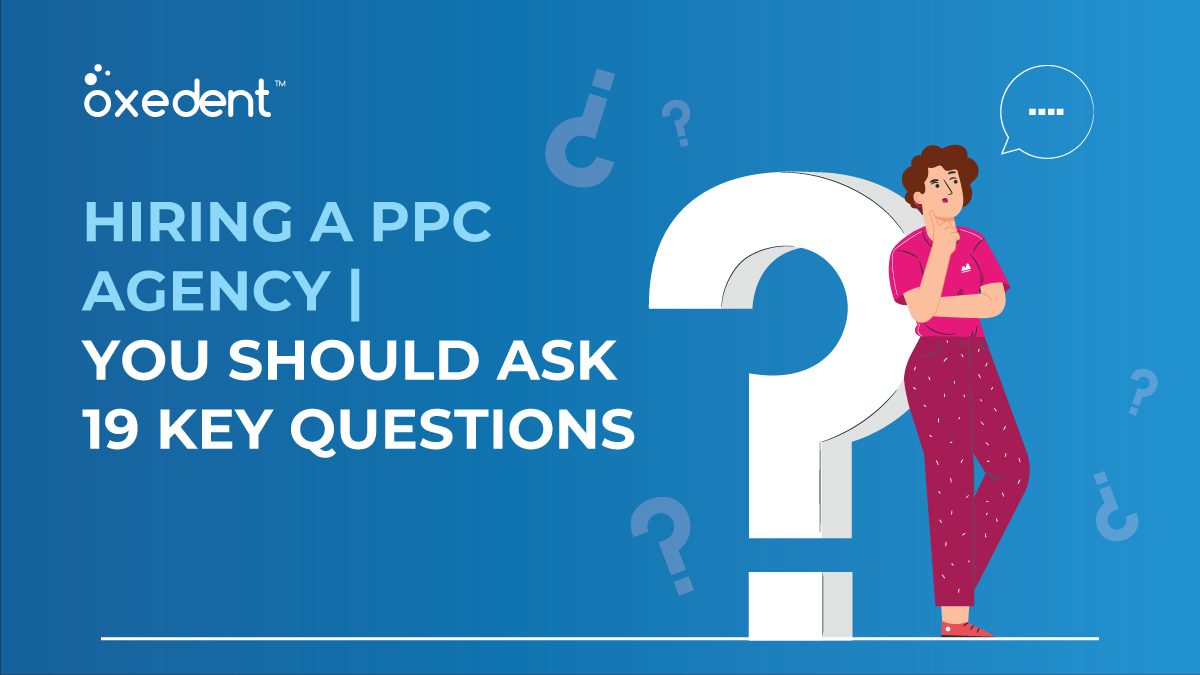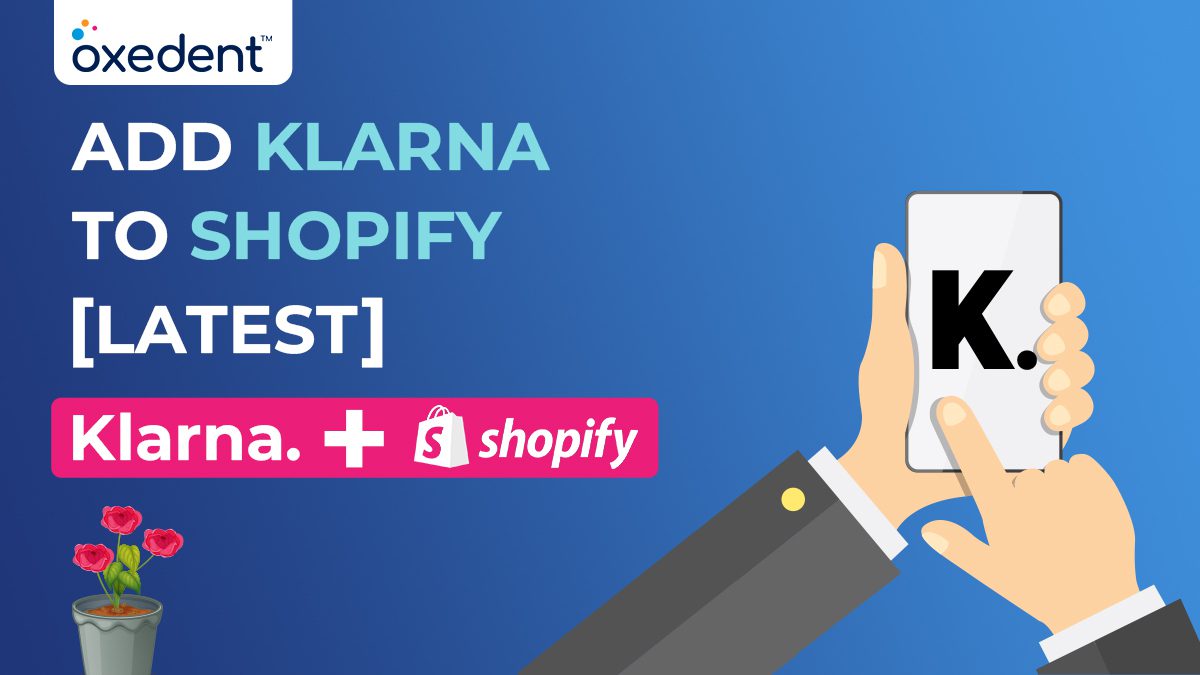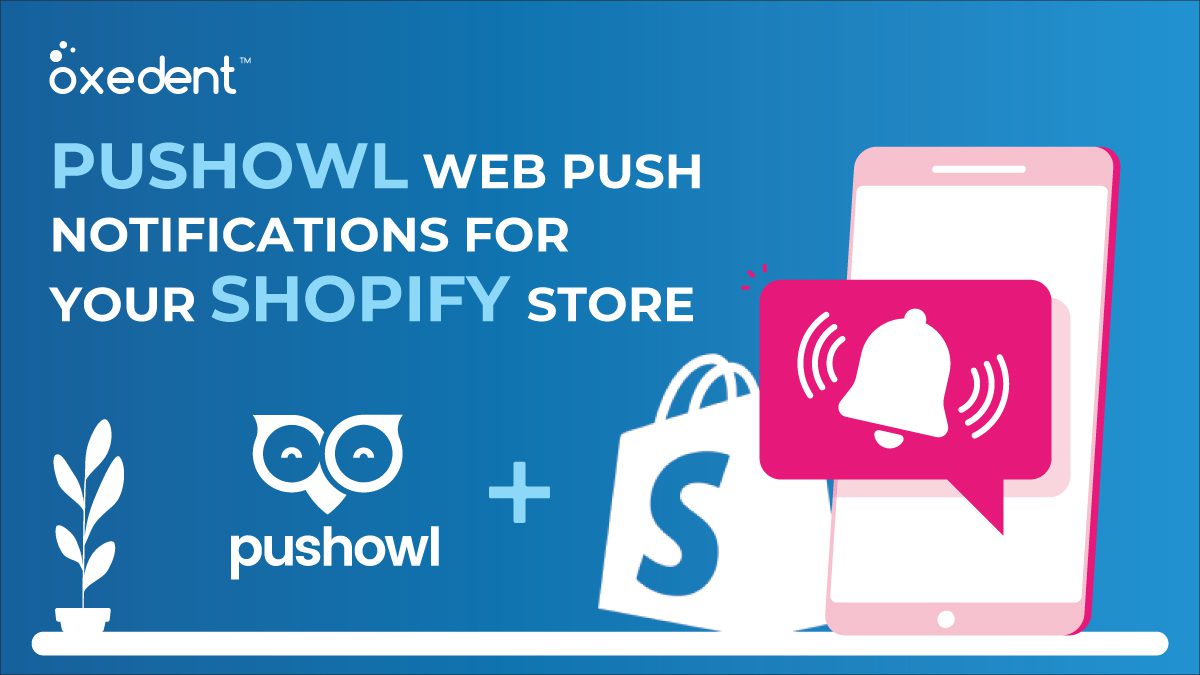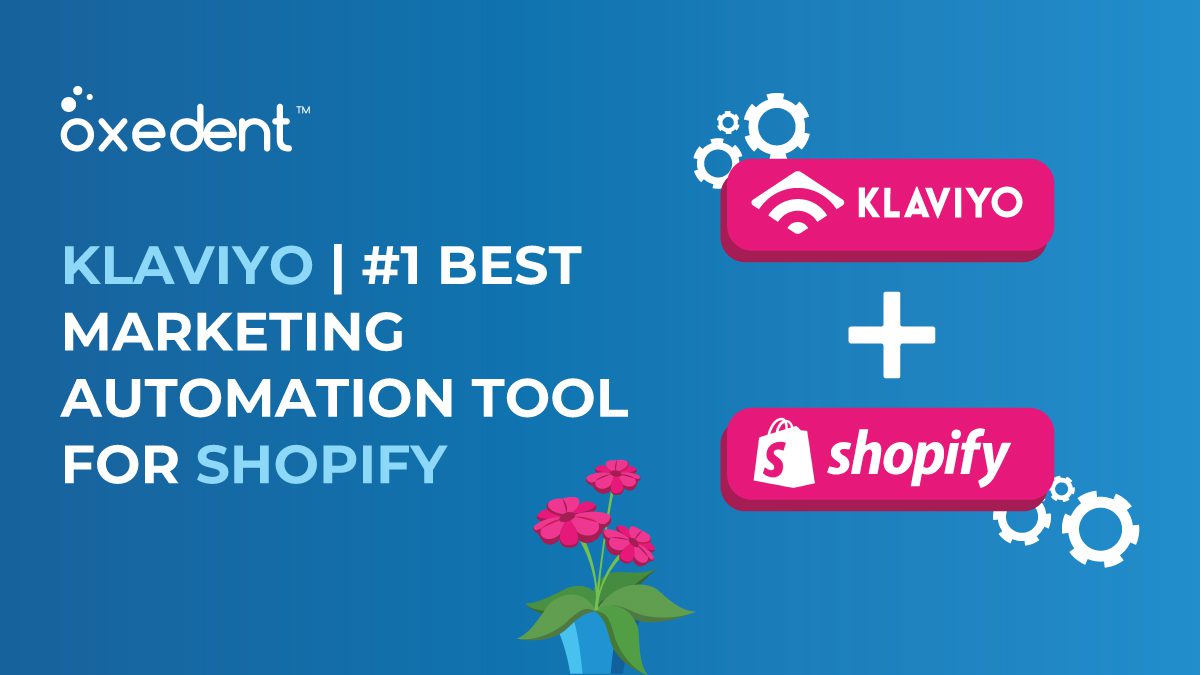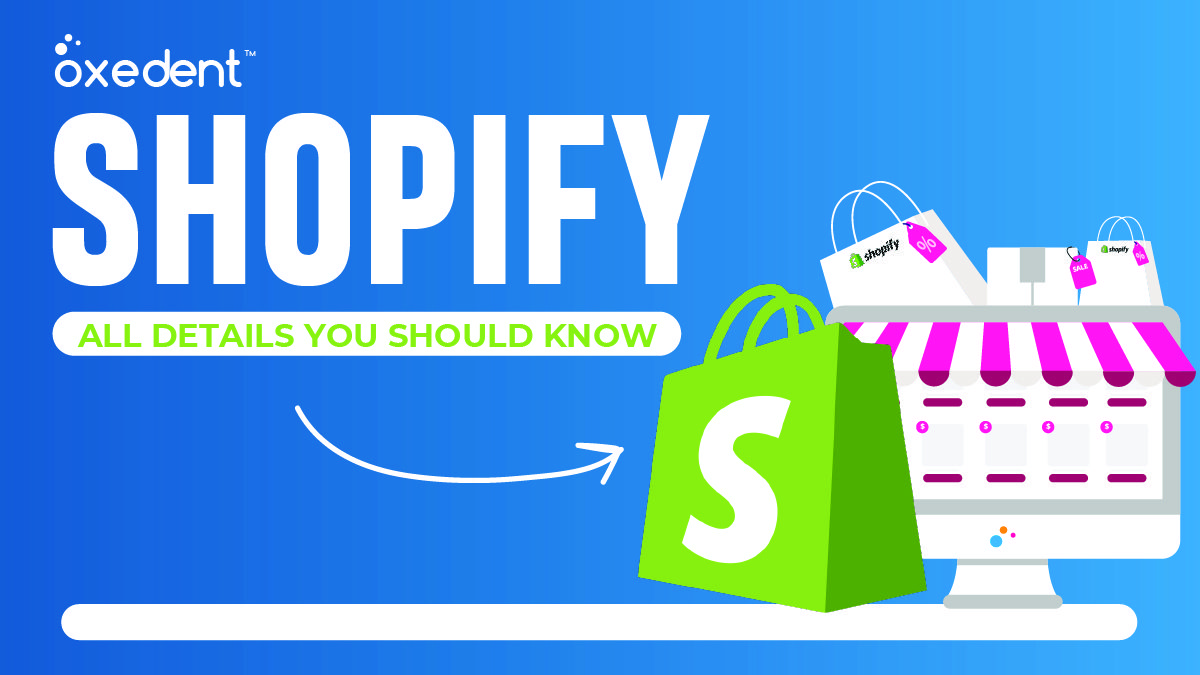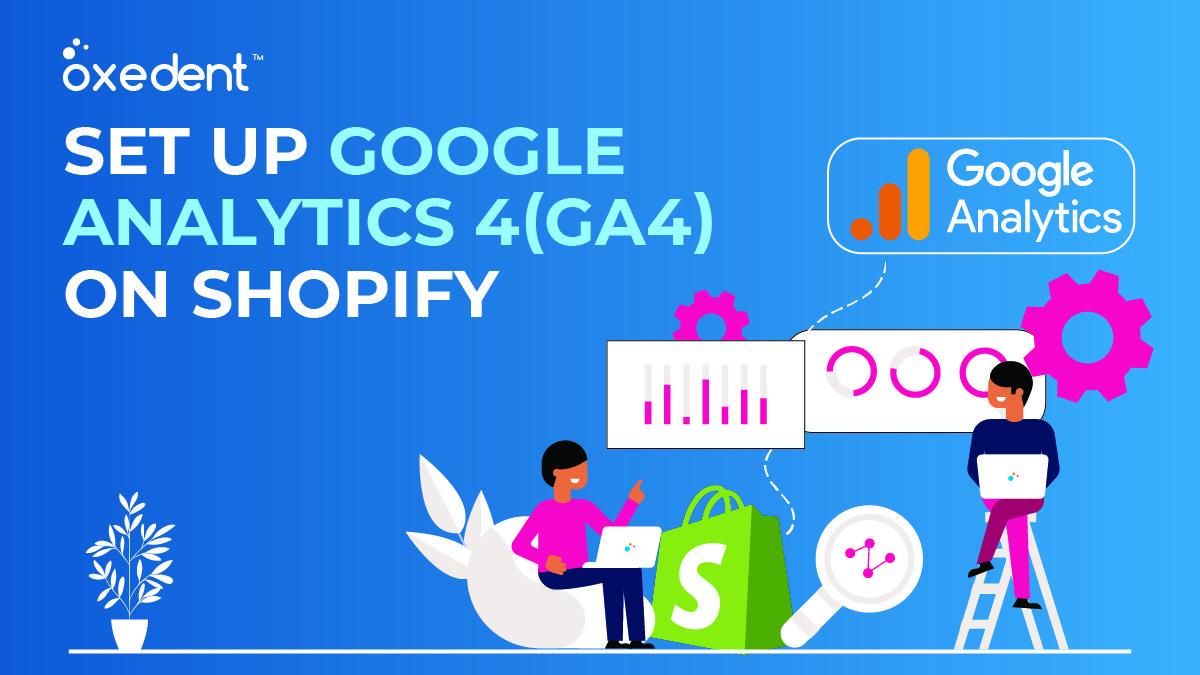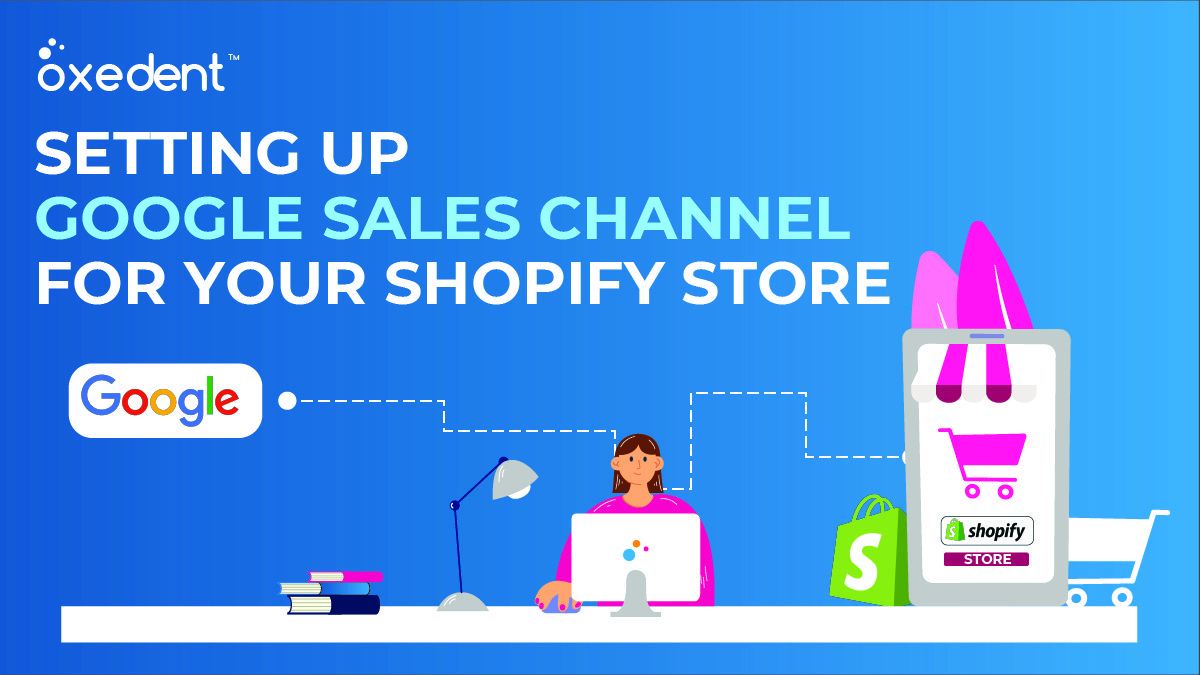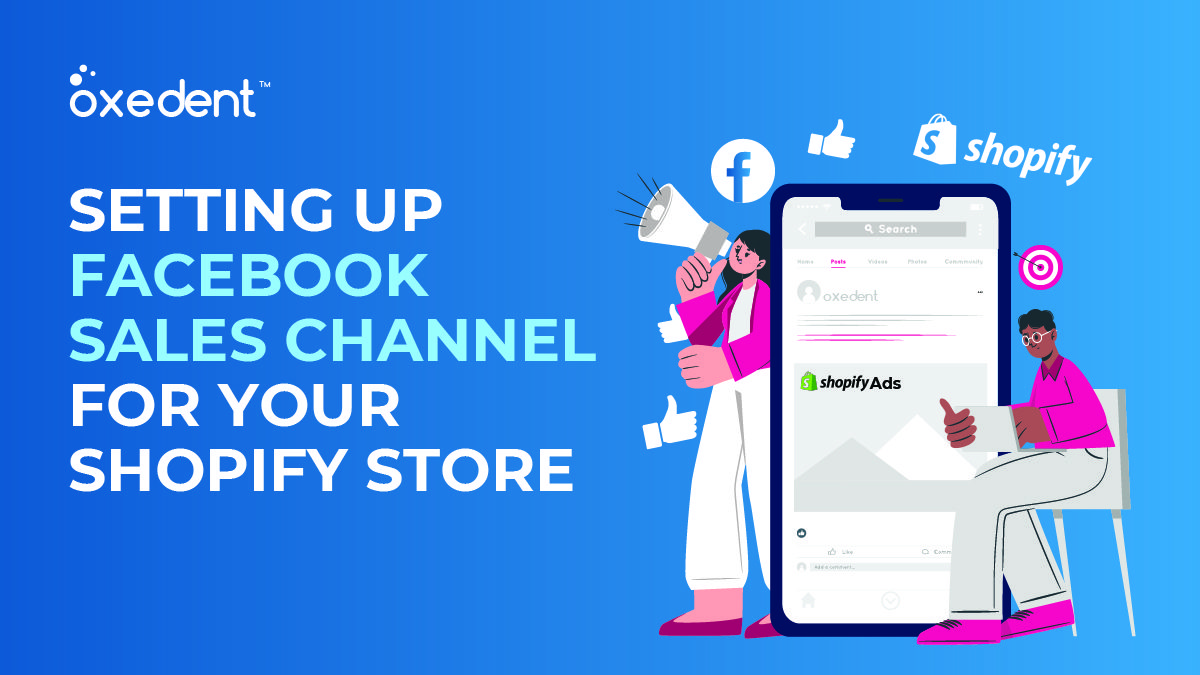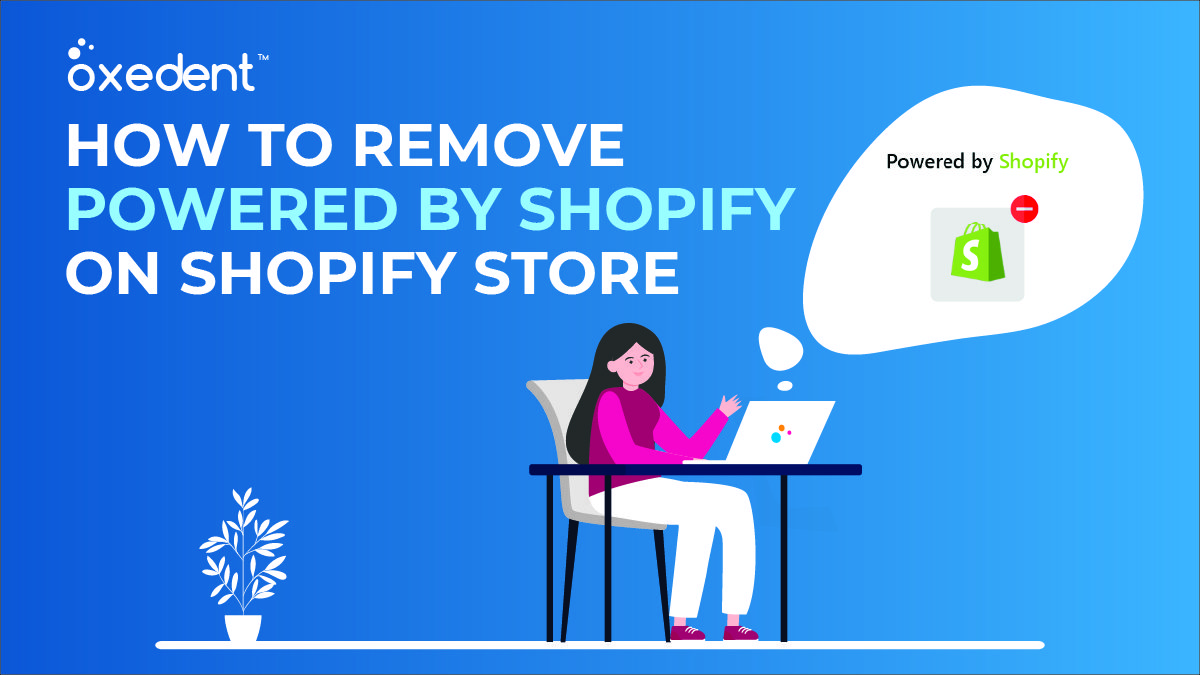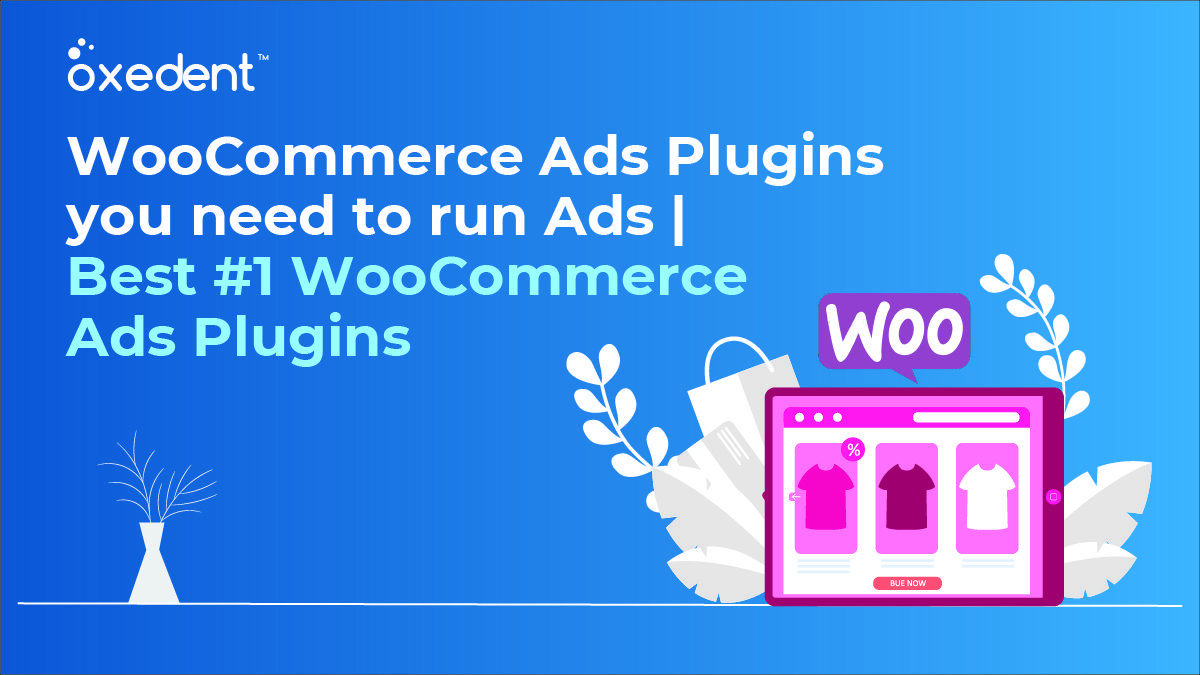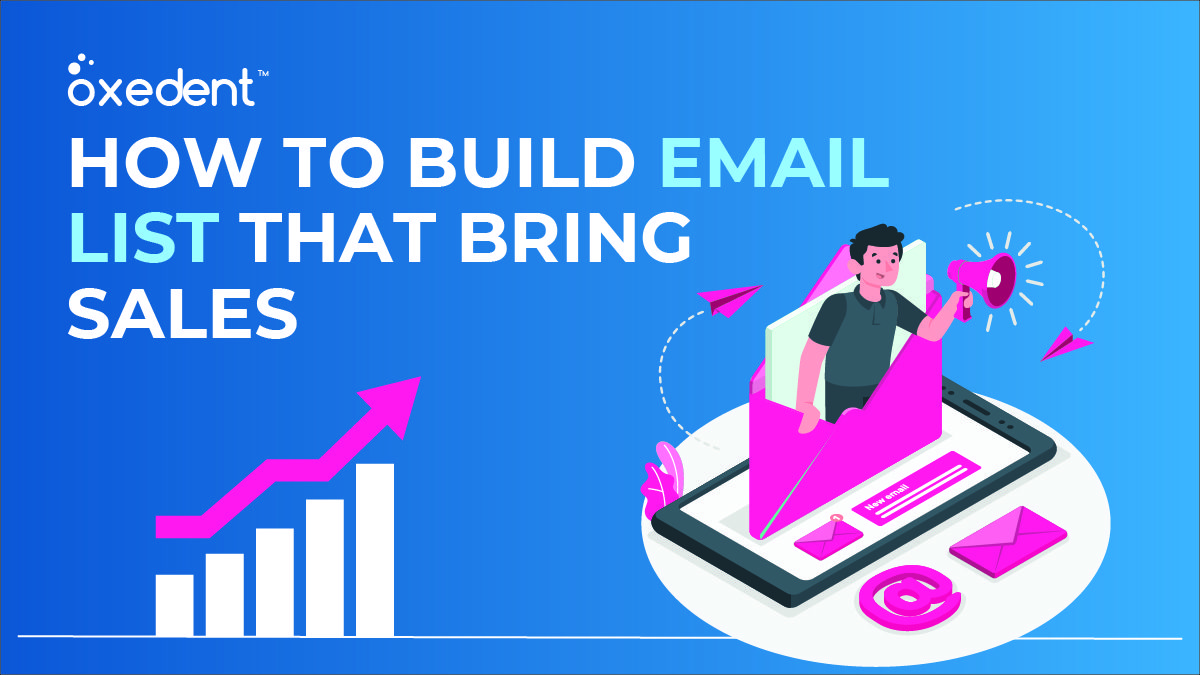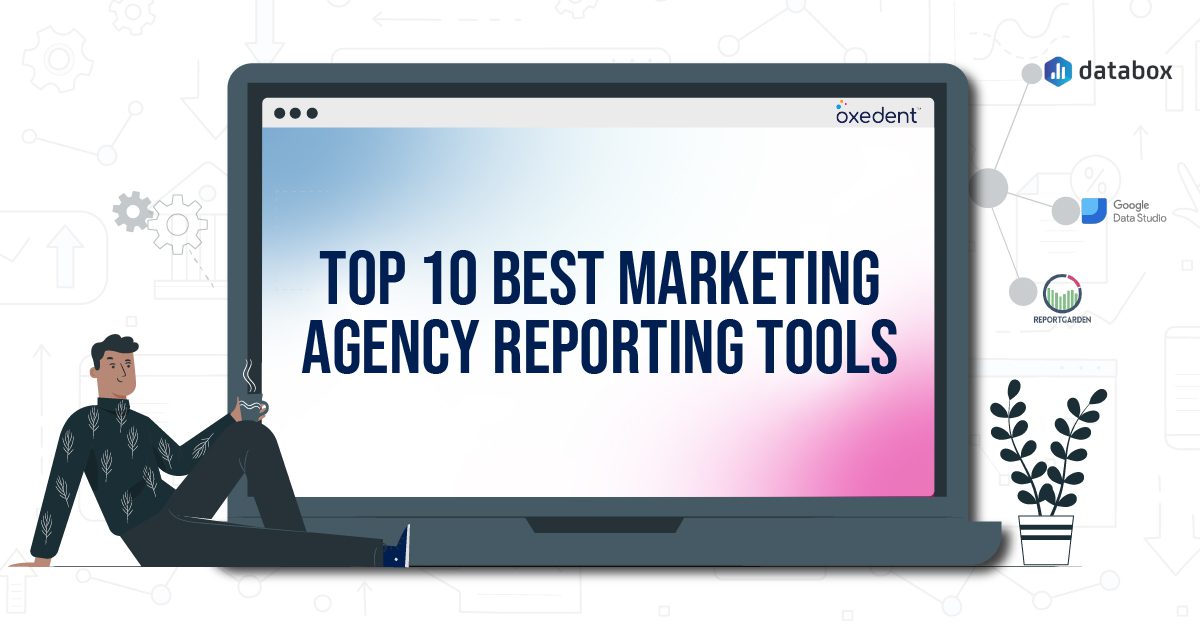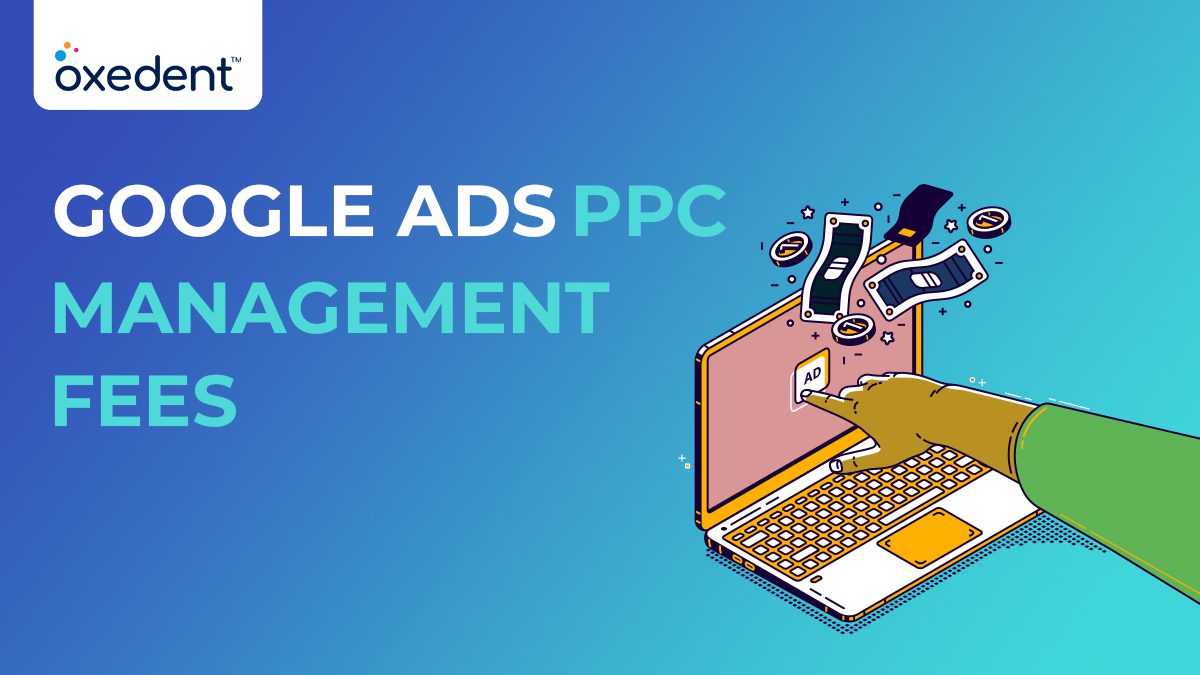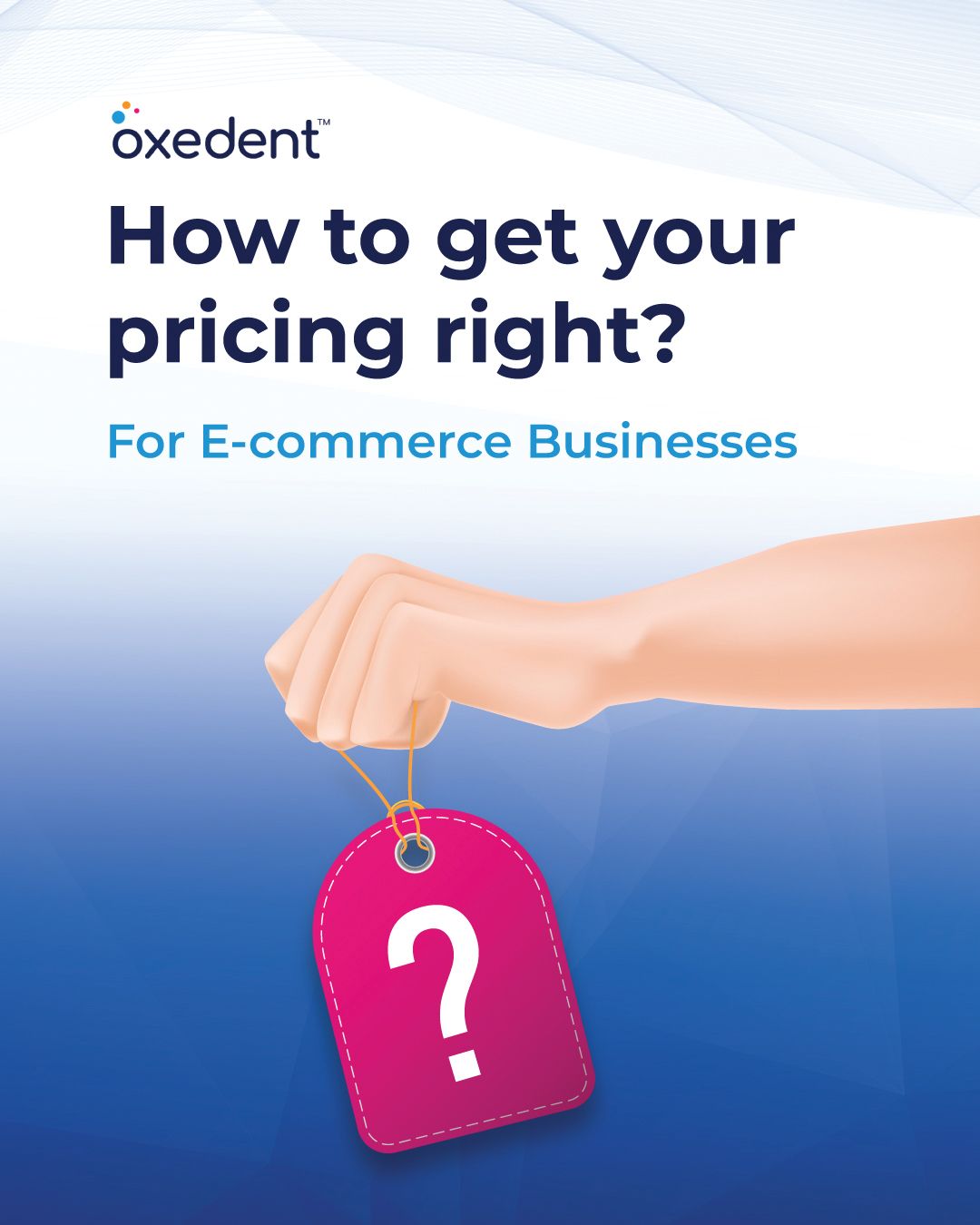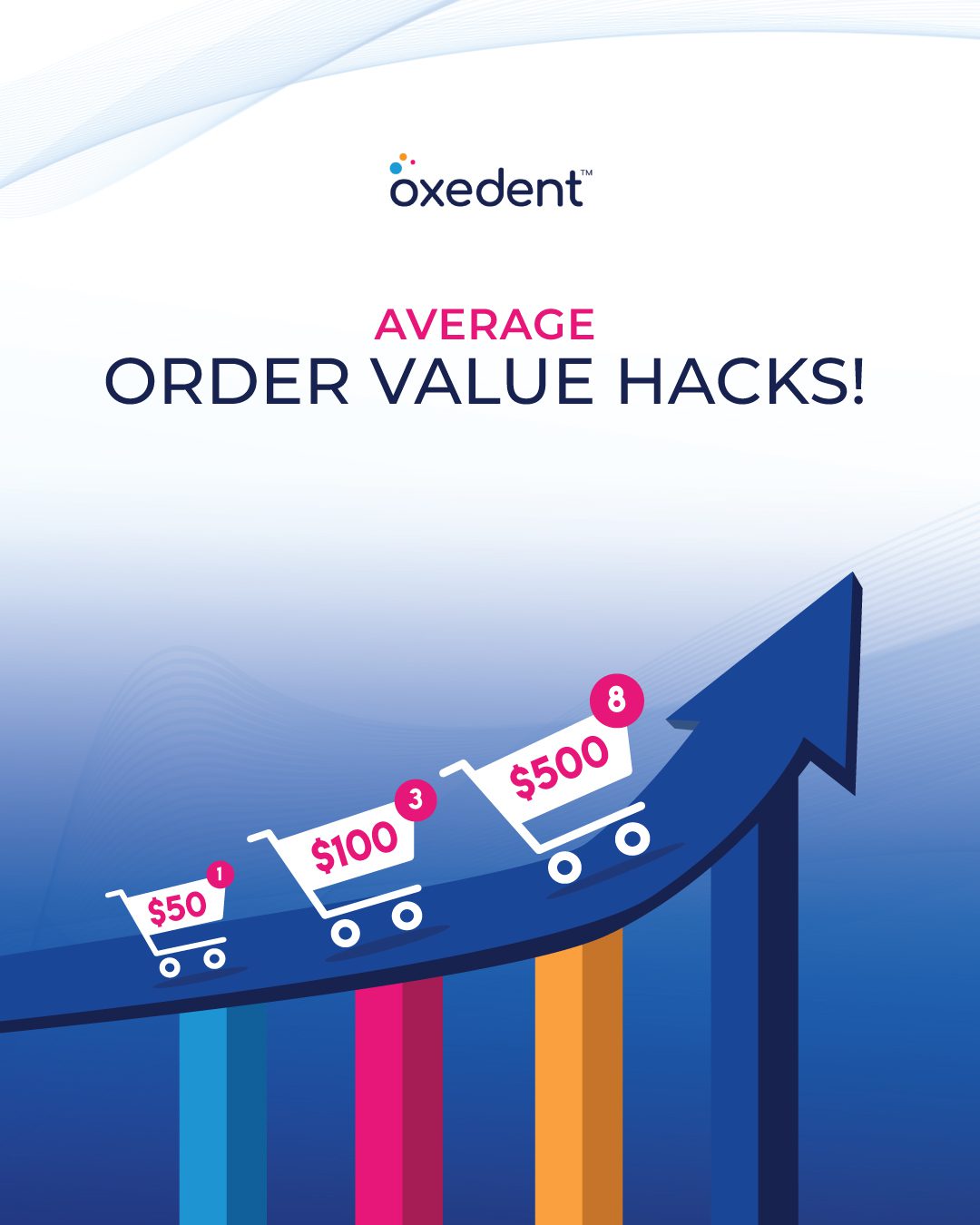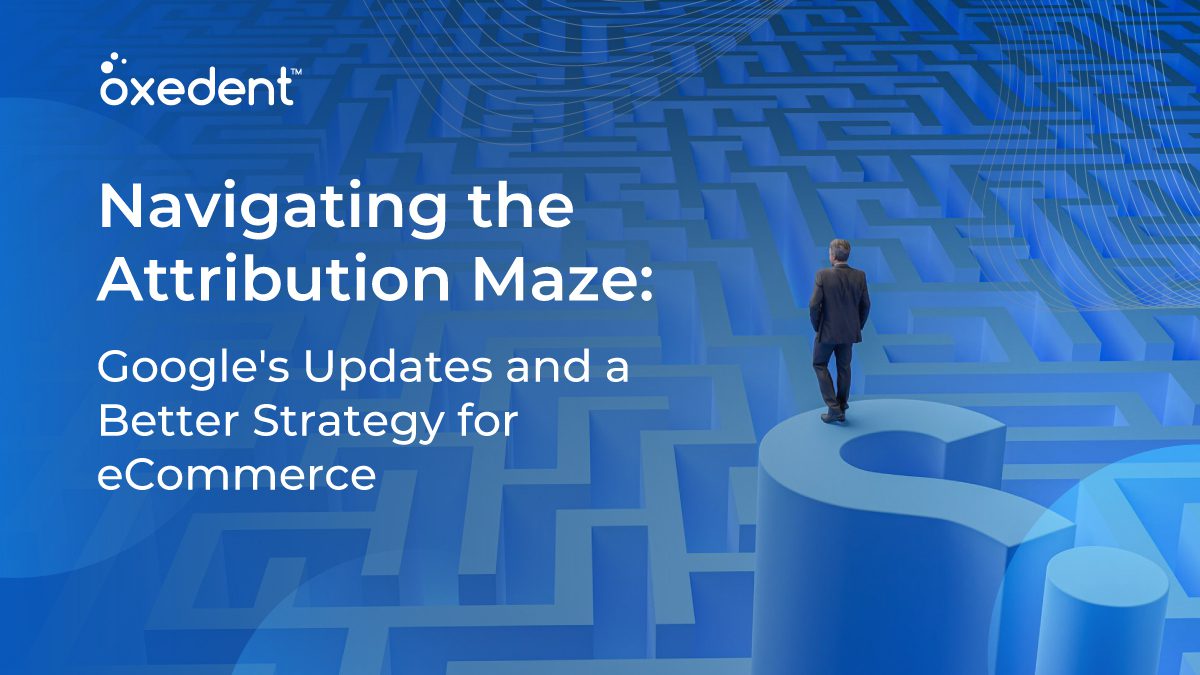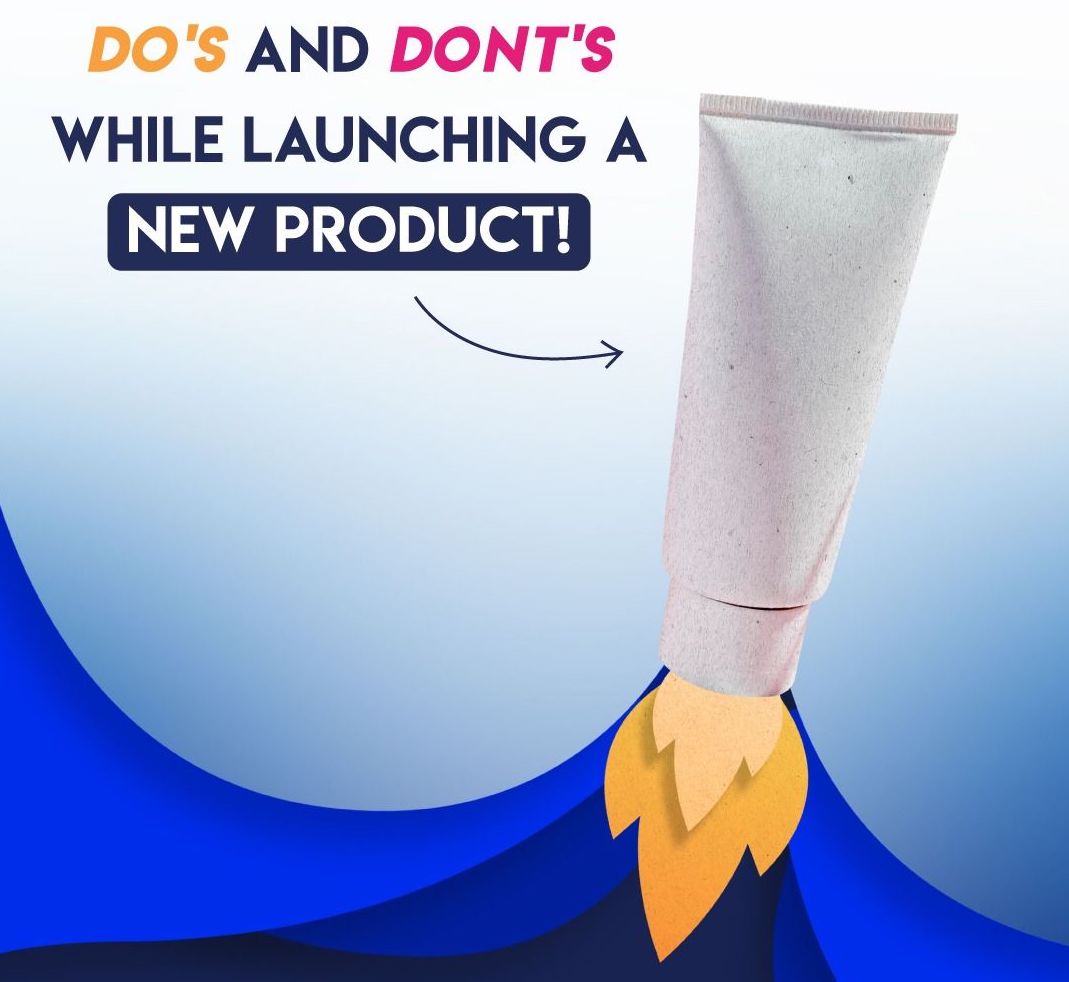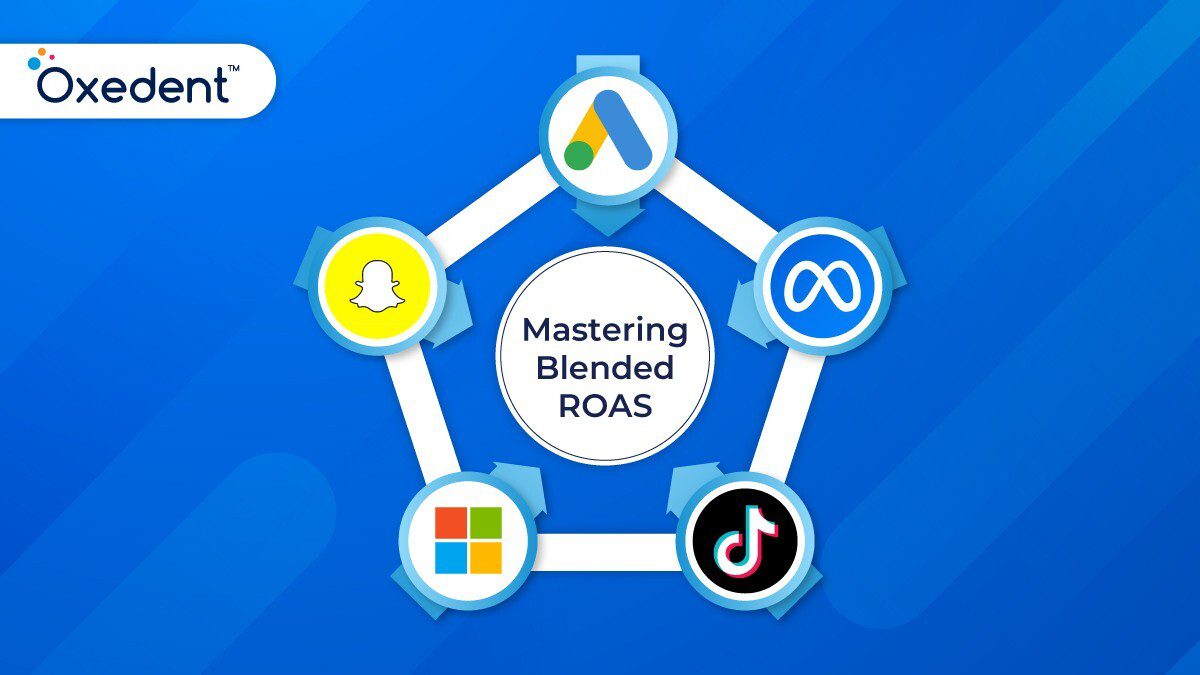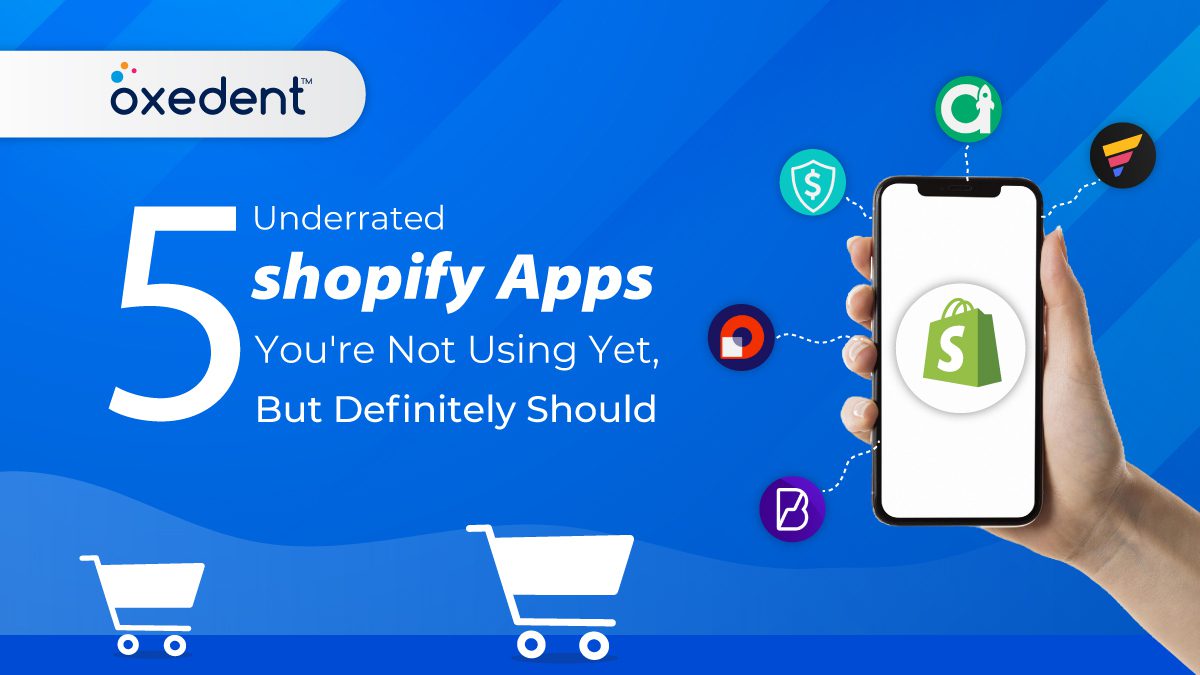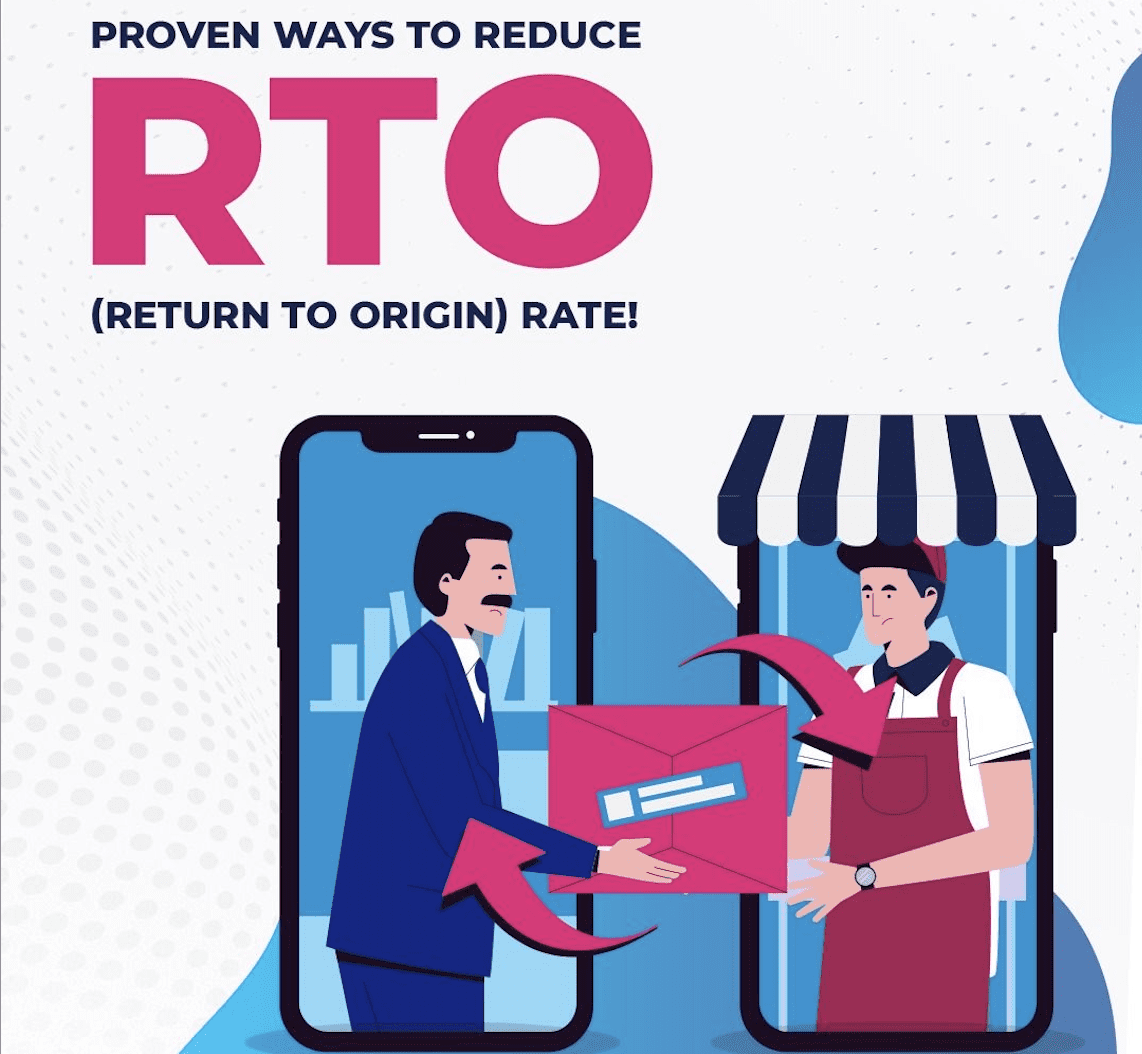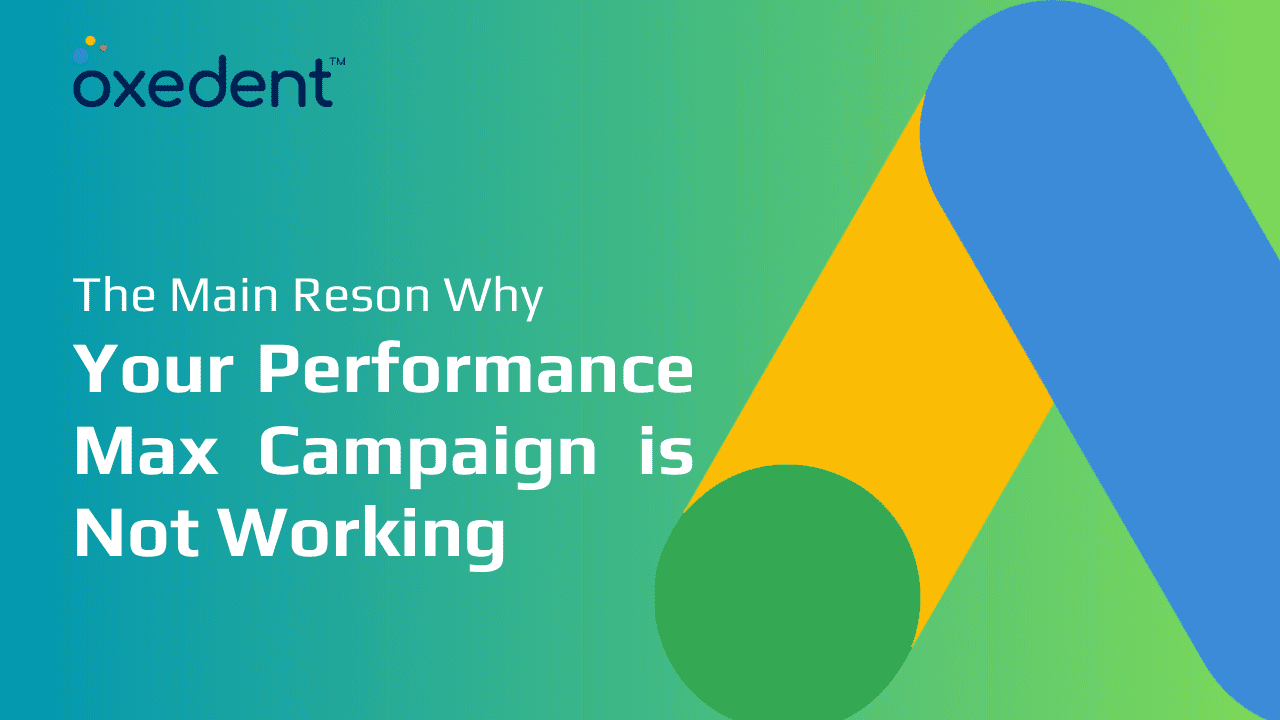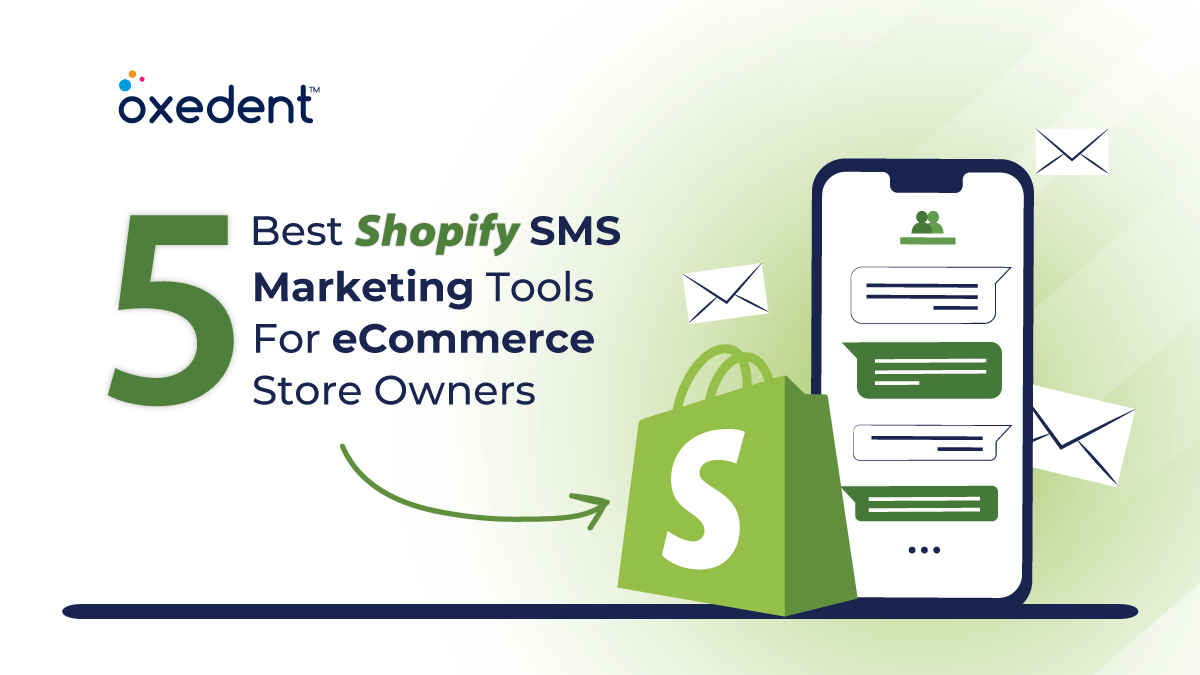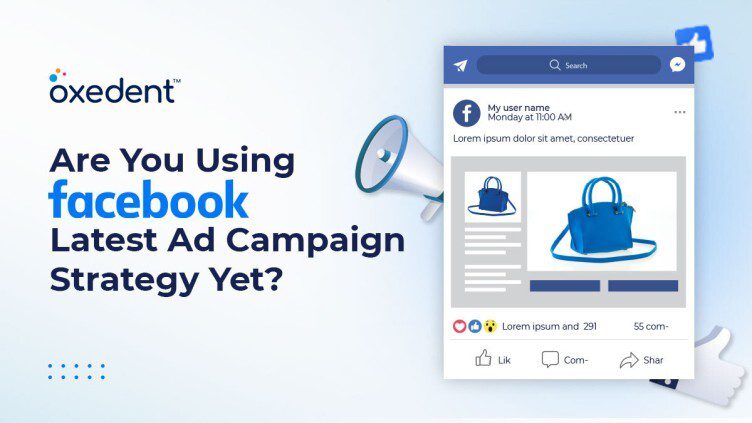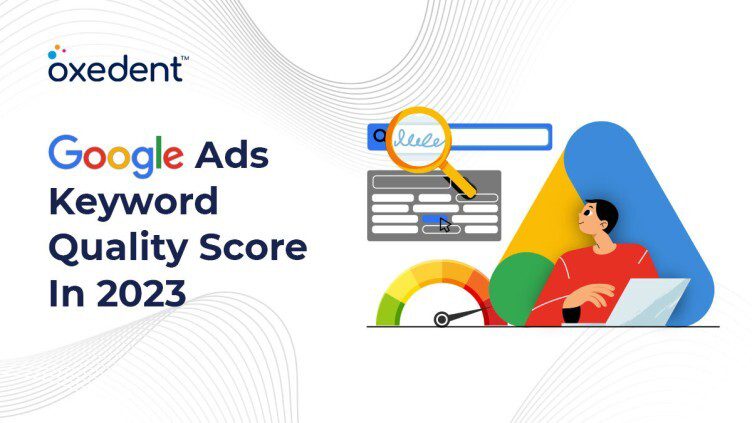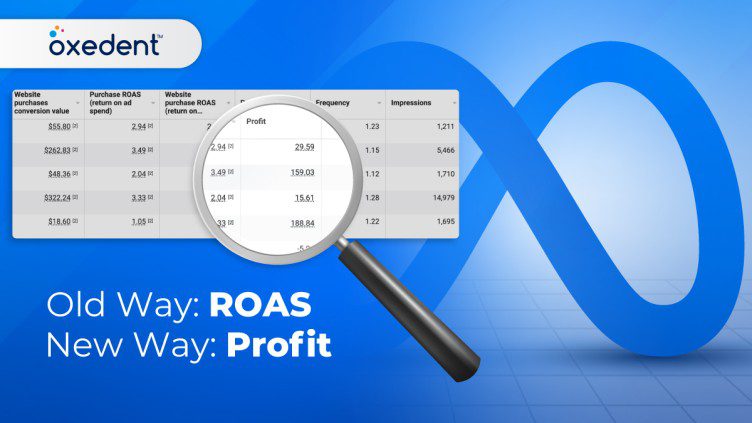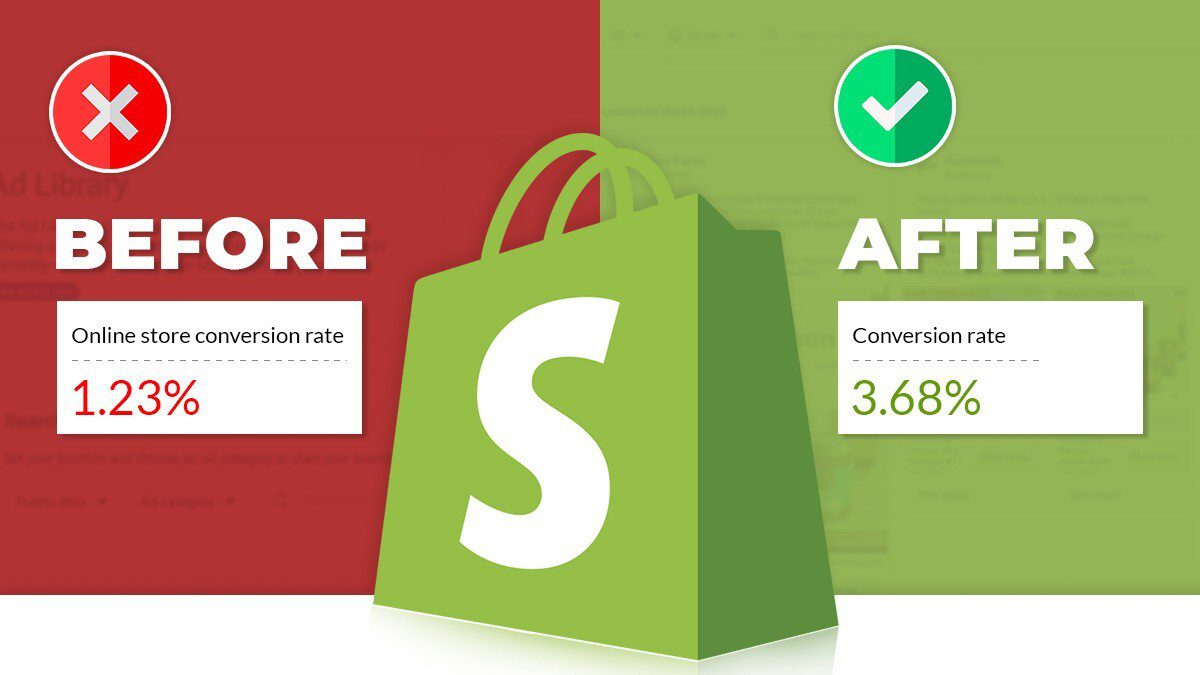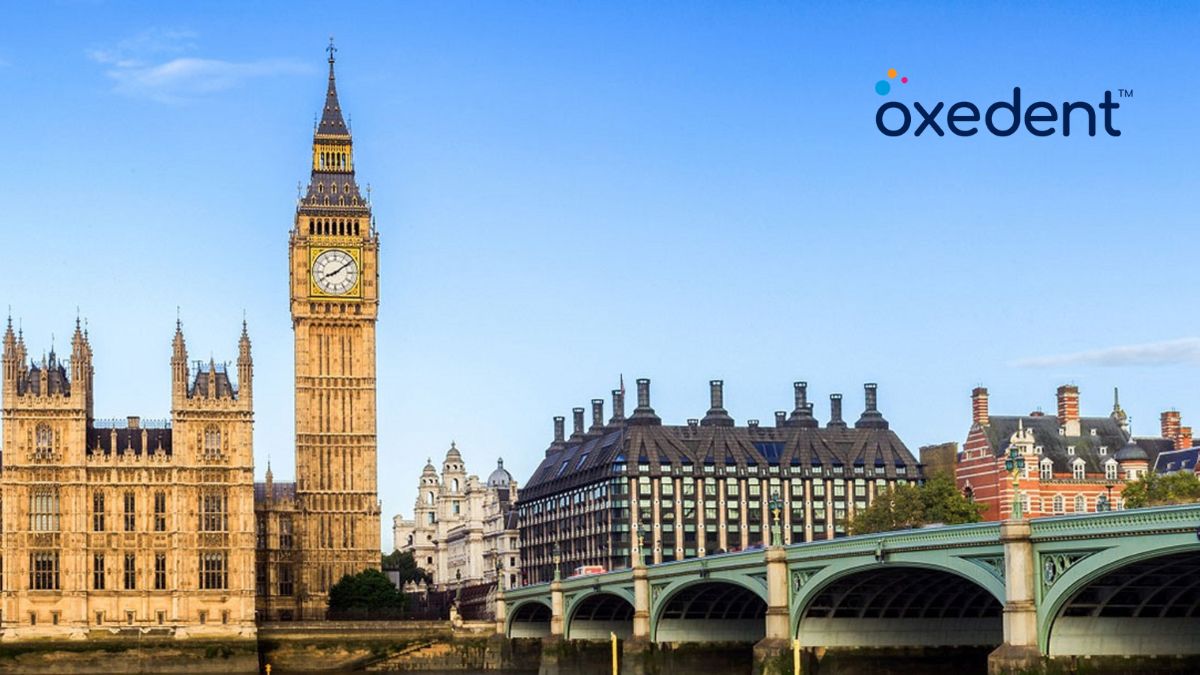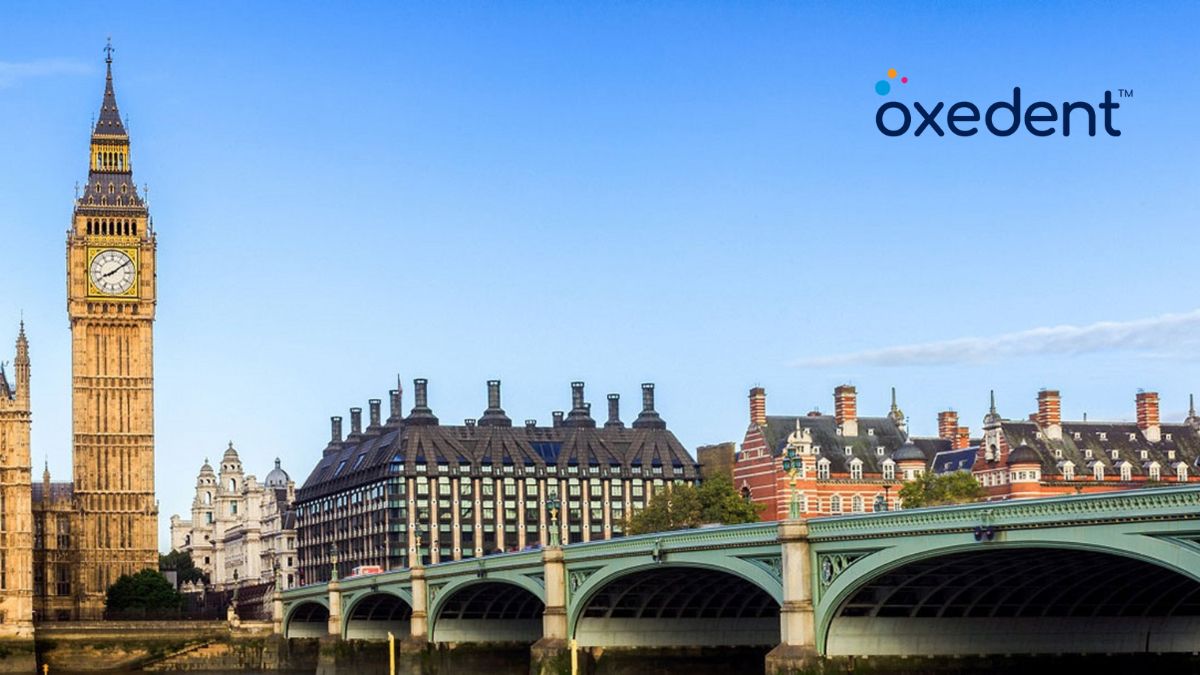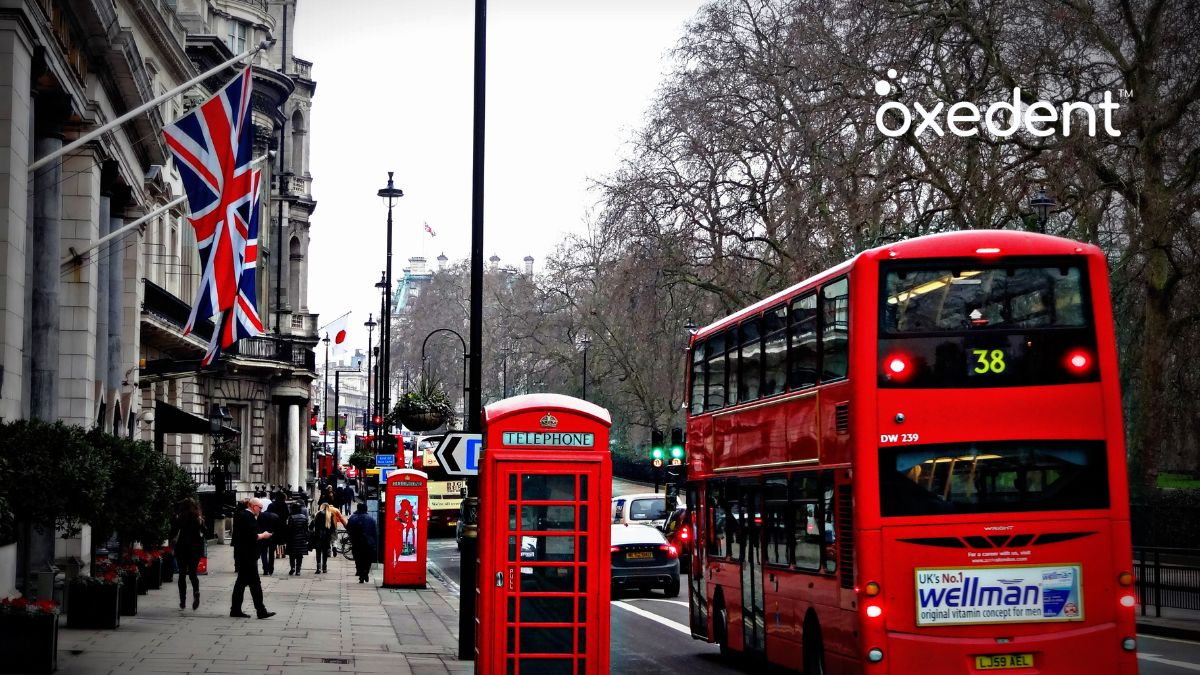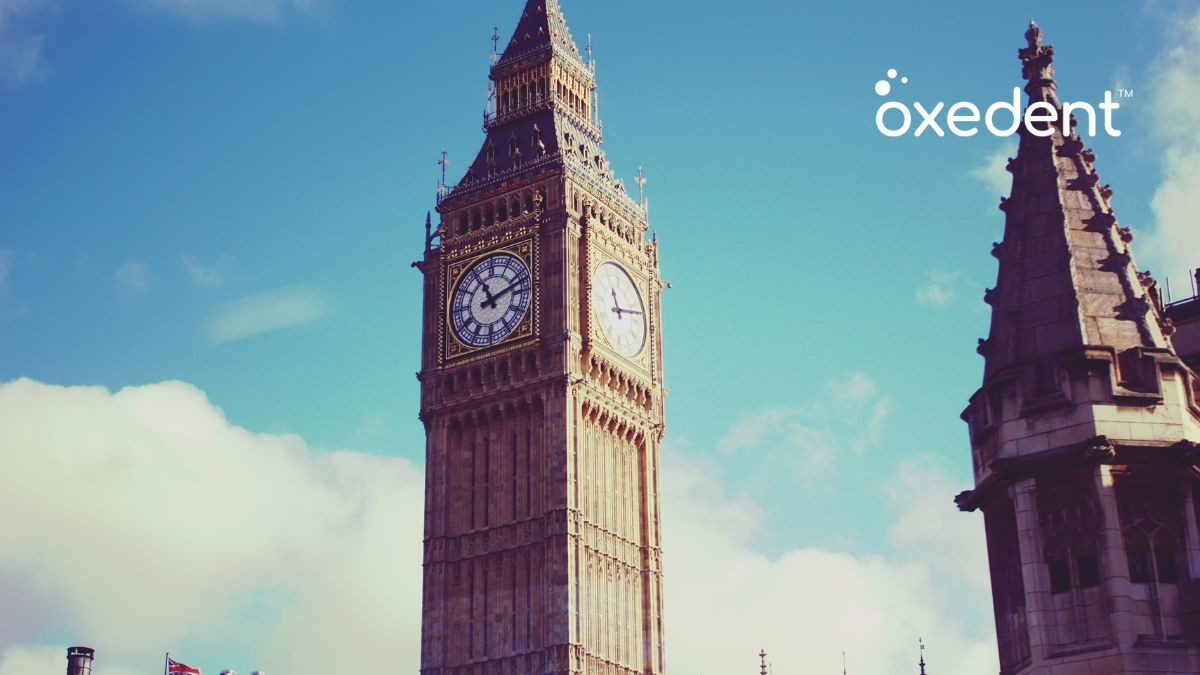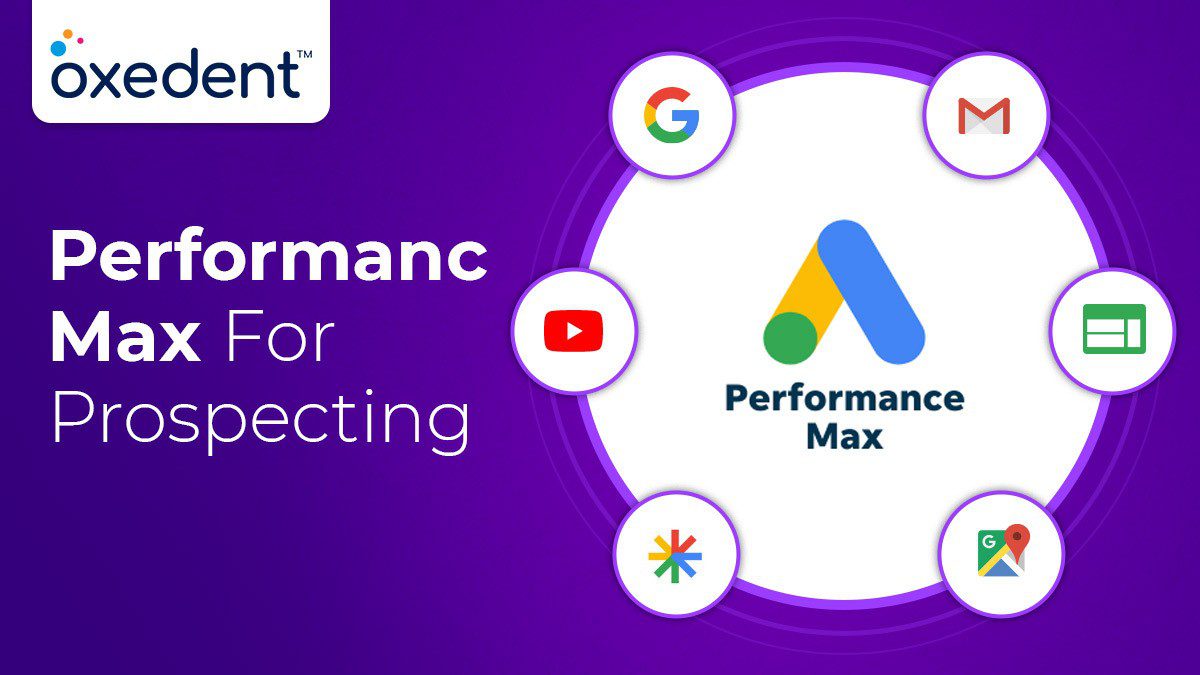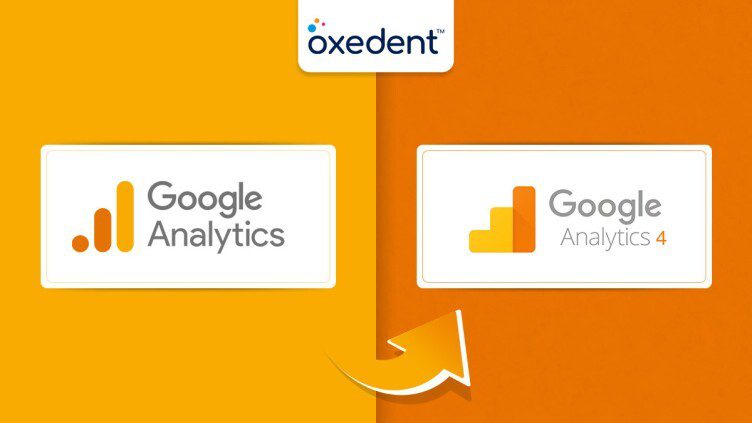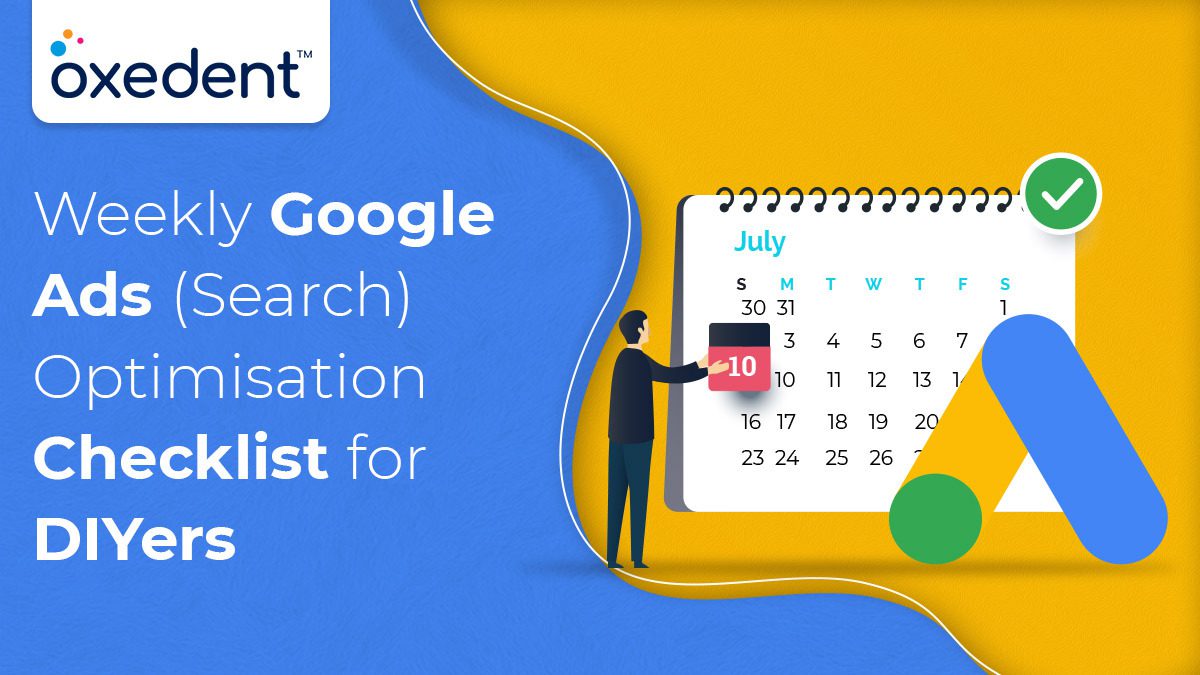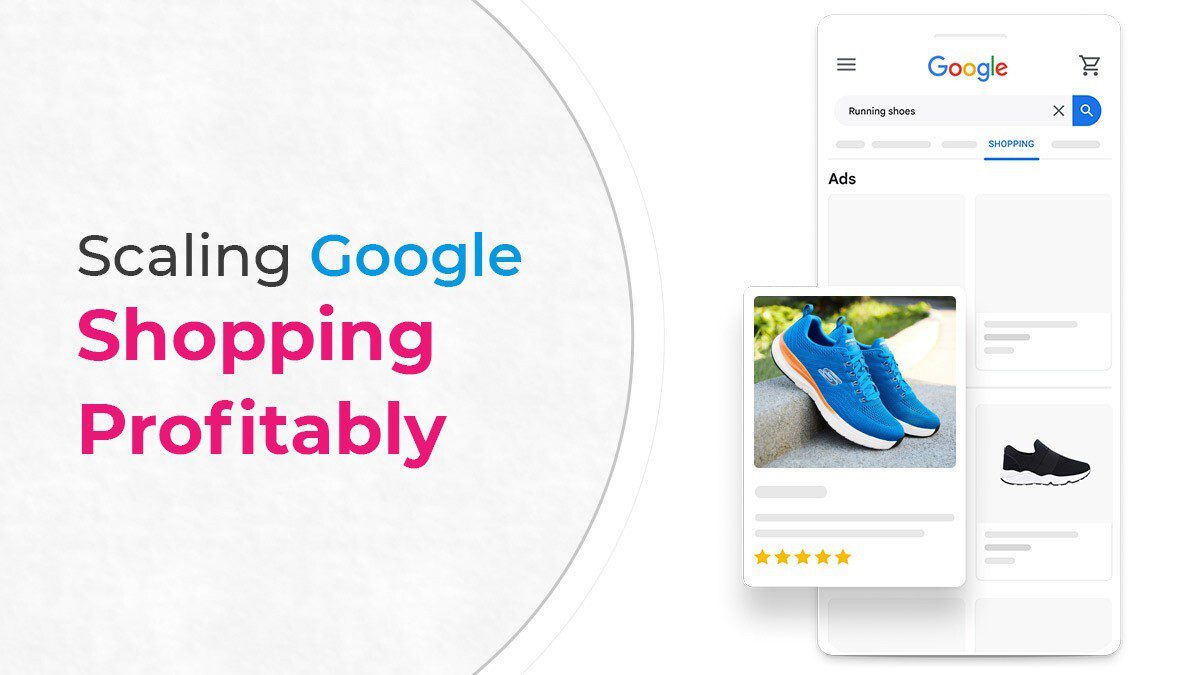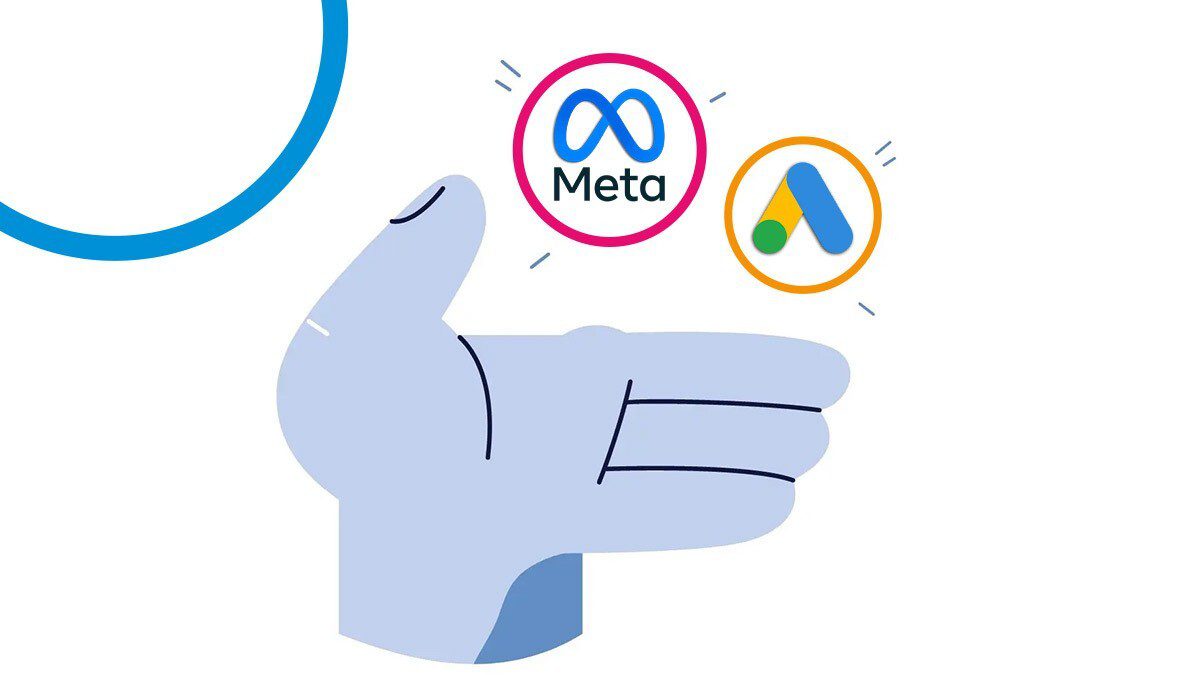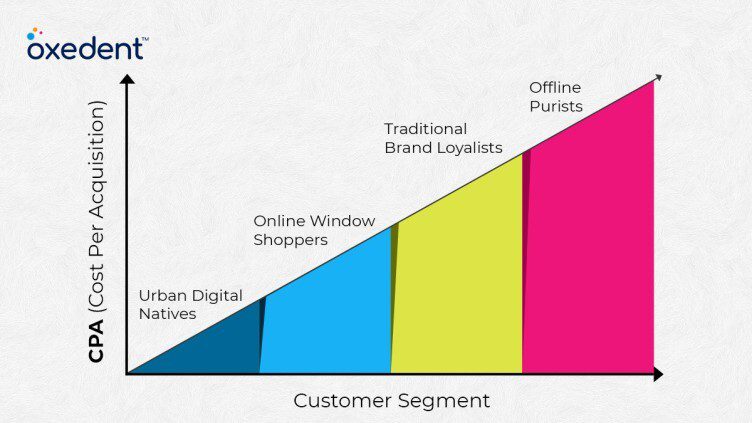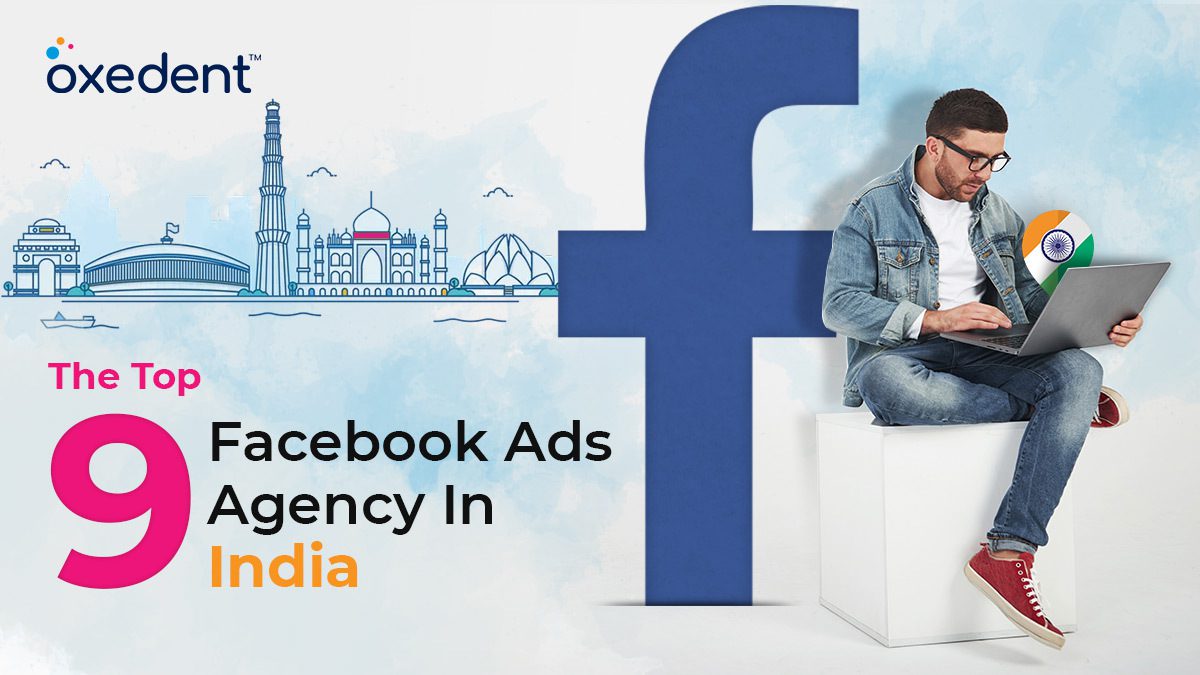Google Ads Conversion
Google Ads Conversion: We’ve been evaluating and optimizing Google AdWords campaigns for 4 plus years now. We found that 66% of the AdWords budgets are wasted because the campaigns are not properly optimized.
In no particular order, here are the top 29 common Google AdWords mistakes we can see most frequently while auditing an AdWords account :
1. Using Maximize Clicks Bidding Strategies
The strategy of maximizing clicks is a clear no-no for you in your Google ads. Even if it aims to increase the number of visitors to your site, it only invites clicks and no real conversion at all. With maximize clicks bidding, you can get as many clicks as you want but it does not guarantee any conversion or sale at your end. Visitors might click on your ad and even land on your website but Google doesn’t assure you that all the clickers would turn into your customers. Moreover, with the maximized bid strategy, you might lose all your budget and all your money can be drained out by non-converting clicks.
There are some pitfalls of maximized clicks bidding strategy:
- Google does not have an understanding of your business
- The advertiser loses control over the data used
- Your target audience might not get reflected in Google’s broad data
- Minimum budget control
- Reduced campaign goals
- Google charges you for each single click
2. Keeping 100% Broad Match Keywords
While you are implementing in-depth keyword research, you may feel that you have the accurate collection of high volume and highly relevant keywords that would bring maximum clicks, in turn conversions. Well, your hopes are too high! Your campaigns might be running smoothly for a week or two and you also get to see high impression volumes but alongside, you may also notice a certain inconsistent behavior in your CPC (cost per click) and CTR (click-through rate) as well as a smaller number of conversions.
So, now you decide to go for an audit of search query report in which you can see that your ads are catching everything under the sun that is even least related to your targeted keyword. You remember, oh fish! everything is in a broad match.
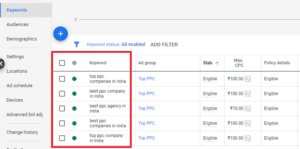
Keyword match types play a foundational role behind campaign efficiency. And unless you change the match type of your keywords, they are automatically set to broad match type. Broad match types allow you to trigger your ads on a broader range of variations regarding your keywords, be it misspelled words, synonyms, singular and plural form, related searches, etc. The broad match type is the default type and shows your ads in loosely related queries as well. The broad match type focuses more on quantity than quality.
There may be cases where broad match type can be beneficial for you. But we recommend you always go for an exact match or phrase match as well as broad match modified. If you particularly beginning with AdWords account, it is advisable that you go with broad match modifiers so that you get a clearer understanding of what customers are searching regarding your products or services and then include those keywords into the exact match type. In this way, you can get more specific with your targeted keywords right from the beginning and you can get lower CPC due to the increased relevancy in your keywords and ads. the lower the CPC, the higher will be your CTR and this ultimately result in greater conversion rates.
3. Minimum Use Of Extensions
Most of you do not yet know the importance of extensions for your Google ads campaign. However, most of the beginners might know about the site link extension that allows the users to click on it and land on specific pages of your website. Sitelinks are one of the predominantly used and most attractive extensions.
[screenshot]
Ad extensions are the features that serve extra business information along with your ad to make actions taken more easily. This additional information can be a contact number, address, ratings and webpage links like the site link extensions.
There are several benefits of executing these popular extensions:
- Sitelink extensions: You can keep track of the clicks that directly go to the particular site link pages on your site and this allows you to know more about your customer preferences.
- Callouts: Callout extensions allow you to promote several offers to your users; for instance, ‘free shipping’, ‘24/7 assistance’, etc.
- Click-to-text: Click-to-text extensions allow users to directly send a text message to a dedicated link and this can be immensely helpful for lead generation.
- Call extensions: These extensions allow the users to directly call on your business number while clicking on the ad.
- Promotion extensions: You can highlight any of your promotions or sale going on through these extensions, for instance, ‘Flat 15% off’.
- Seller Ratings: This automated extension displays the ratings of your business but this rating has to be 3.5 or more for showcasing.
Hence, use of extensions is a superbly advantageous thing for your ads. Extensions can be both visually as well as technically beneficial so you must have the right combination of ad extensions to improve your CTR and ad positioning by lowering your CPC.
4. Keeping Only 1 Ad Variant For Each Ad Group
One might think that a single ad can be powerful enough to crush the competitors and outperform Google’s ad ranking algorithms. You may have the notion that only one ad can have all keywords of that ad group intertwined to deliver the best and most compelling message for the users. But the reality is completely different from what you think.
Testing should be the key so you should create multiple ad variants to get a greater number of chances to get the right one.
The best practice is to keep three variations of ads in each ad group, namely:
- General
- Product category
- Product-specific
Create all three ad variations and run them simultaneously for a month, that is, four weeks. Collect the data of an entire month and revisit the ads and now you can easily determine which ad have been the best performer for you.
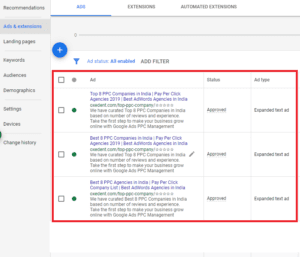
This way, you can be able to find out two aspects of your ads:
First, you can eliminate those ad variations that have not been able to perform up to the mark.
Secondly, continue with the high performing ads and you can also create new ad variations with the addition of subtle changes.
Now that you have determined the high performing ads and have built similar variations of the ads with close resemblance to the original ones through the addition of minimum alterations, you should run the ads for a certain period of time and run them continuously until the performance starts to slip down. As soon as it does, start the process of testing again.
5. Set It And Forget It
It seems rather easy and exciting that all you need is the upfront time and effort is all that is required for bringing in a successful ROI. Beginners don’t be such happy chaps for what you think is not going to be true at all. You may think you can sit back and relax letting the keywords, ads, bids create magic on their own.
This is absolutely wrong!!
In fact, it’s just the opposite. This is the time when you need to show off your real skills and you need to analyze and optimize your Google ads account.
Now one thing has definitely come to your mind- automation! Automation definitely will allow you some sort of flexibility so that you can set things and forget them. But keep in mind to optimize the time to time. Make sure to check your AdWords account on frequent intervals and notice the following red flags:
- Keywords with abnormally higher CPC
- Keywords with lower CTR
- Search terms report with irrelevant search queries
The quicker you notice these red flags, the earlier can you make your Google ad campaigns run more efficiently.
6. Not Bidding On Brand Terms
Well, this is one of the popular rookie mistakes for beginners as well as proficient advertisers. Bidding on your own brand term is quite a debatable topic for years together with many supporters on both sides.
It is, however, advisable that you should have a small percentage allocation of the total budget for your own brand terms while you are at the initial stages of your AdWords campaign.
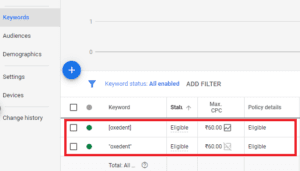
When your brand name is already known to people and they search it on Google, it is quite likely that they will be taking some sort of action so you will definitely not want your customers to see your competitor’s names coming up as they have bid on your name and you have not.
Competitor websites pay 3 times more to bid on your brand than what you would spend for a click. So, you must be bidding on your own brand terms as you will get highly relevant clicks at very minimal spends and you will also be protected against the upcoming competitions who will be bidding on your brand terms.
But when you realize in due course of time that your brand name holds much trust and weight and people no matter what ads are shown to them, click on your organic listing, then you can put down the idea of bidding on brand terms and act cost-effectively. But till the time you are 200% sure that your users have a strong loyalty towards your brand, you should keep a certain budget dedicated to brand terms
Look at the example above of click fraud detection software:
ClickGuard- although ClickGuard is a renowned click fraud prevention software and it owns the first position for organic listings, they have still decided to use Google ads and brand term bidding strategy.
If it has not done it, it might be the case that the other competitors’ ads would move their positions to the top depending on their bidding values and people in search of click fraud prevention software might be clicking on their ads and even convert into their leads.
But in the second case of PPC Protect, we can see that it has a strong brand and trust in the loyalty of its customers that it does not go into brand terms bidding, instead, they put their trust in SEO strategy to catch the eye of the visitors.
Hence, you can understand that there are several factors such as SEO strategy, brand loyalty, etc. you should give a thought upon before deciding to bid on brand terms.
If you are not sure about your brand, Google Ads is ready to help you by placing you atop on SERP results and your bidding on brand terms provides you great value.
7. Not Considering The Search Terms Report
Once you have done all the keyword research with time and effort and found out your targeting keywords, you think your job is done, right? But it is not the case dear!
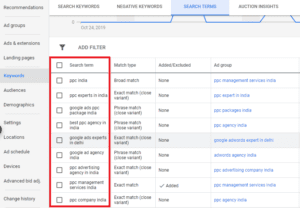
What is search terms report for?
Search terms report provides you with a visual data of the actual search queries coming to the search engine and triggering your ads based on your targeted keywords. You can see the search patterns of the visitors, what they are searching for that can provide you valuable insights into gaps, if any, between your keywords and the actual search types by your audience. While you use search terms report for keyword expansion, you can get more granular details and this can help you to increase your ad relevancy for specific search queries. The greater relevancy, the less will be your CPC. Search terms report also allows you to check whether your keywords are capturing expensive but irrelevant traffic.
8. Not Including Negative Keywords
Involving negative keywords is a must but many of you tend to forget them until you make significant losses on irrelevant search queries.
What are negative keywords?
Negative keywords are types of particular keywords or phrases which prevent your ads from being triggered when one searches that keyword or phrase as you do not want to show your ads to them who searches those phrases or keywords.
For instance, if you are selling wooden spoons and you are bidding on the keyword “spoon” and no negative keywords added, then your ad might appear when someone searches for “plastic spoons” as well as Google thinks both the keywords are similar. Users might click on your ad and then when they see they are not what they are searching for, they immediately leave from your website but still Google will charge you for the pay per click even if you get no sales from these clicks.
But if you have applied “plastic” and “fiber” as negative keywords, then Google understands that you don’t want to trigger your ads for search queries consisting of these keywords.
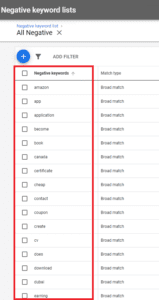
Hence the task of choosing and adding negative keywords is vital in order to prohibit irrelevant search queries that might lead to unqualified leads as well as increased expenses on invalid clicks. So, you should take the search terms report into consideration and add negative keywords for a successful Google Ads campaign. Addition of negative keywords can help you to save your budget as well as in removal of unqualified leads.
9. No Understanding Of Profit Margins And Conversions
The primary goal of an advertiser is to generate sales as well as leads. Besides, online traffic and brand awareness are equally important but you are keener to see returns from your ad spends and secure more budget. So, the advertisers should have a proper understanding of their profit margins so that they can easily gauge their performance levels and run an effective optimisation of their campaigns.
This is why smart advertisers sped their time on finding out the lifetime value of new customers to calculate the amount of money they can afford to spend to acquire this new customer.
It is essential that you run conversion tracking to track your profit margins of your business that helps you to improve your revenues apart from the short-term profits. You also need a similar plan for PPC ads, you must set up a conversion for search queries or sales. Just go to menu option>Tools and Analysis> Add New Conversion and you are done.
You will be able to save a lot of ad spends through a better understanding of your profit margins and conversion rate values.
This is the simple formula for calculation of profit margin of a Google ads campaign:
[(RPC x margin) x Clicks] – (CPC x Clicks)/ Total Cost
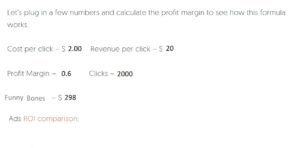
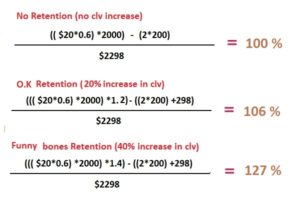
You should be clear about the amount which you can afford to pay for each new lead and try to understand the percentage of leads that can be converted into sales.
10. Do Not Mix Search And Display With Search Network Campaign
While setting up a new search campaign, Google’s default settings for search network campaigns will show your ads on Google Display Network (GDN), unless you change the settings and untick on “Display Network”.
Never make the mistake of mixing search with the display network settings in the search network campaigns as it can affect your ability to gauge the performance as well as optimise the two different networks. You can lose control over your ads if you mx both these networks to run your campaigns. You can get cold spammy traffic if you mix these two networks and many unintentional or irrelevant clicks by users that would only waste your ad budget.
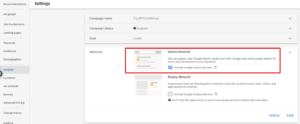
Google always keeps both Search and Display network in the settings as default as it thins the combination of both can give you the best opportunity in reaching out to maximum customers.
This might be correct but search network and display network perform quite differently and hence they should be handled separately in individual campaigns to get effective results. Display network ads have a lower CTR (click through rate) compared to the search network.
At the very recent, Google has launched AI-powered smart shopping campaigns accessible to only Google Partner agencies and this mixes search, display and remarketing shopping ads as well.
11. Never Bid For The First Position
Bidding for the topmost position is nothing but vanity without taking any consideration of cost per lead or ROAS (return on ad spends). Bidding on the second or third position is safer and you will be able to maximise number of clicks on your website ad within your budget as well as get an increased conversion number.
When you set a higher price for each click in comparison to your competitors, what you get is a drive off of your advertising cost and you unknowingly enter into a bidding war with your competitors as they also raise their bids in order to match and outperform you. Hence, you should have a proper understanding of your cost of advertising for the top positions.
12. Do Not Forget To Set Up Conversion Tracking
A successful PPC campaign is incomplete without monitoring the amount of money put in for the campaign and the amount of money you have actually made out of it. But if you are not aware of the number of conversions through your campaign, then how would you decide whether your campaign is a successful one or not.

Surprisingly, one of the common mistakes by beginners in Google ads is that they do not set up conversion tracking, knowingly or unknowingly. Conversion tracking is important for monitoring the number of sales that have come your way as well as it provides you valuable information for optimising your campaign. You can also see the performance level of your ads also and check if they need any modifications and this vital information can help you save your money which you might be wasting otherwise.
13. Geo-Targeting Settings For Locations Of Interest
Google ads consist of a default setting which shows your ads outside your target area. While setting up a new campaign, you get this default setting.
But most of the account managers fail to take notice of this and never check to see whether those “outside areas” of the default settings are actually dragging their performance results down.
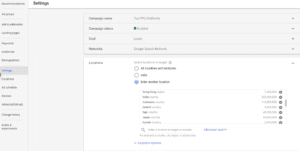
Go to “Dimensions”, and then choose “Geographic” report type from the drop-down menu. Then just come through the columns to show “Location type” and you can see the results of physical location vs. Location of interest.
14. Not Noticing The Regional Trends
Well, this one is a tricky factor.
There are a lot of accounts that run nationwide and you target an entire city altogether as you think it will not be tough enough to do so instead of a particular city. But later on, while gathering data, you might face a lot of difficulties. You tend to see performance patterns of particular cities or states, you can view whether they are having good or poor performances. Bid modifiers can handle this performance levels but the other issues still remain such as device modifiers, allocation of budget, ad copies, etc.
There are usually two types of advertisers:
- Those who target and focus on a very small areas, a city.
- Those who opt for more aggressive targeting and bid on a broader level nationwide, multi-nation and even international.
For those who target a small area, for instance, a local business like a restaurant run ads in their close vicinity around their location or a new area where they are willing to capture their market.
For the others, it is a great idea to opt for testing a larger geographical area. You will have some data for working and then you can have a look at the performance of your ads in a city or town and take actions accordingly. For instance, the CPC from one particular city is lower than the other and you can lower the budget for the more expensive areas and raise the same for the remaining. Also, you can detect the key cities from where you get the maximum sales and leads regarding a product or a service you are targeting and this can be a cue to the account manager for adjusting the bids as well as campaigns accordingly.
The KPIs also tell you about the conversion costs from the device level, such as from mobiles that give high conversions while tablets give you minimum conversions so turn them down.
The bigger cities tend to consume more budget compared to the smaller towns and if they give well-to-do returns in lieu of the spends, it is more than fine. But if they don’t, you should change the allocation of budget immediately.
You can also notice performance differences according to device usages in various geographical locations. Cities with a greater number of commuters will give you better conversion rates on mobile devices than on computers since the people are browsing and shopping online while travelling by public transport.
15. Not Revisiting Ad Schedule Bid Modifiers
There is a tendency of setting and forgetting of the ad schedule bid modifiers by most of the Google ads managers. This is a huge carelessness on the part of the account managers for there can be seasonal changes during time of the day or day of the week. Hence, it is advisable to revisit the ad schedule bid modifiers at specific intervals is crucial for collection of good data samples. You can also be aware to stay relevant during the prime-time periods of the day to get most leads.
16. Duplicate Keywords
Search query report checking should be a regular part and parcel of an ongoing paid search campaign. You may find precious keywords that you have added over the time and that are relevant and matched the search queries of the users. If you are liberal with keyword matching, you may find the same keyword matching with multiple ad groups. If the same keywords perform good you add it elsewhere and it continues to match across other groups as well.
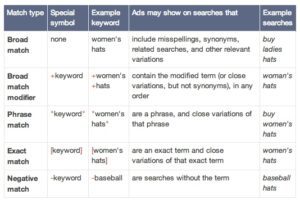
Image Source :Source Group Twenty Seven
You can use Google Ads editor feature, click on the section “Tools” and then go to ‘Find Duplicate Keywords”. The performance data can be useful to you to decide whether you should keep the keywords running or pause them in various locations.
17. Lack Of Keyword Sculpting
Keyword sculpting is a term used by PPC managers and refers to the process of funnelling certain search queries to keywords that are bid on. In case of broad match types, you can leave it to Google to pick out a keyword matched with a search term. You may have only a single search term matching to various ad groups with different performance levels.
You can check this by exporting your search terms and looking at the search terms as well as the number of ad groups they are in. We always strive to match it to the best performing ad group. Setting the keywords as exact match negatives to the ad groups or ad campaigns can stop them from getting matched. Google can then work accordingly in matching them as you want them to.
18. Not Using The Experiment Features
Google Ads has a great feature, that is, the experiment feature, which is a great way for running a more controlled test over your keywords and ad groups after you have set your campaign up. The experiment feature allows you a control over testing of every kind of element such as bidding mechanism and landing pages.
Getting started with the Experiment feature, you need to first choose the campaign for creating a test and then click on the button “Drafts” on the upper right-hand side. You can then create a non-running version of your campaign and make modifications in the parts for testing and then launch it for experimenting for a predefined period of time.
19. Not Analyzing Network Performance
Display Select and Search partners are the two most tricky things that can be just slipped onto your campaign setup by Google ads if you don’t give a proper heed to it. Search partners can either perform well or terribly, we can’t say. You need to make an evaluation of your search partner through a campaign-by-campaign basis.
While selecting Display network, it is also tough to say that it will perform well. Better performance can be achieved if you manage Display campaign separately as an individual one. You can view the performance breakout for search or display campaigns in the tab “Campaigns”, just choose the option “Segment” and then choose “Network”.
20. Not Knowing Your Customer Lifetime Value
Are you aware of the lifetime value of your customers? if not, then you should be, otherwise you will waste both your time and money. Decide upon the amount of money you need to spend on Google ads for acquiring one customer. You can eliminate all guess works or assumptions through calculation of your Customer Lifetime value.
The CLV of your customers refers to the amount of money expected to generated by a customer over a lifetime of their engagement with your product or service.
The lifetime value of a customer is far more complex than the calculation of returns on investment (ROI). But both these are inter-dependent for your revenue growth as well as your business improvement.
When you get to know your CLV, adjustment of your campaigns become much easier than before along with bidding of the strategic keywords that would help to drive the right customers and prospects towards your landing page.
21. Not Testing The Optimal Ad Positions
Google has a simple formula of using ad ranks, which is
Ad rank = bid x quality of ad
This means, if you bid more on a few keywords than the other advertisers targeting the same, your ads will tend to appear at the top rank, considering both you and your competitor having the same quality score. Ad quality depends on the quality of the keywords in your ad, the click rates as well as the targeted keywords. All these add up to determine the quality score of your ad thus deciding the placement of your ads on the search engine.
The first position might not be the best position according to specialists. However, it is true that the higher ranked ads get the maximum clicks but the fact is they do not get maximum conversions. You do not need to get the top rank for generation of quality clicks.
In case your goal is to achieve branding, then your focus can be to get the top rank on the search engine. But if you want quality clicks, right traffic and conversions, then it is advisable to bid for the 3rd, 4th and 5th positions, they work the best to bring quality leads.
Your goal should not be bidding higher than your competitors. You should instead focus on how to increase your quality score because this is the only thing that can get you a better ad rank.
People are always excited while searching and they tend to click on the 1st and 2nd ads out of excitement or curiosity as they are the first to be seen in front of them. Most of the times, these clicks are unintentional clicks. Users clicking on the top ads are not always the ready buyers, they click on them out of curiosity or random reasons. Hence it is wiser to bid for 3rd – 5th positions instead of the top ranks. You need to focus on the customers and nurture your relationship with the users in order to increase your CLV. The more trust you again from your customers, the more would be their tendency to take actions that would bring a growth in your business.
So, when it comes to ad positioning, you have got no set principles. You need to test your ad in all positions. It might be the case that the top rank suits you and works best for your business keeping in sync with your ad copies and your niche. The 3rd – 5th ad positions run more effectively for most of the businesses yielding maximum ROI.
But you should test your ad copies and search for the best position through raising or lowering your bids and cost per clicks (CPC). Increase or decrease the bids and observe the results. Also, you can begin your bidding with the suggested bid amount provided by Google and keep a check on your ad positions.
22. Not Revisiting Location Bid Modifiers
You might overlook certain aspects of Google ads account such as location bid modifiers but little mistakes like these can cost you thousands. If you do not check your location targeting, your budget can be quickly sapped away as your ads would run in territories that are not at all beneficial to you.
Bid modifiers enable you for better geographical targeting. With bid modifiers, you can set bid adjustments for specific geographical areas within your campaigns and this can be a great timesaver. Don’t set your geographic targeting and leave, you need to revisit your location bid modifiers to check the locations where your ads are getting good response in the form of leads and conversions. You can also eliminate some locations where you find the least results and irrelevant clicks. Adjusting location bid modifiers involves inclusion and exclusion of cities, towns, etc.
23. Not Revisiting Device Bid Modifiers
Just like the ad schedule and location bid modifiers, you need to take care of the device bid modifiers to save your budget from getting wasted. Google’s device bid modifier has recently rolled out with which you can easily make adjustments in your bids for individual devices in Google ads. Previously, you could set bids for desktops and tablets and then use the remaining percentage of bid modifiers for the mobile phones. But now you can set individual bids for desktops and smartphones according to your convenience and depending on the data and performance of your ads on various devices. You can do ad group level device bid adjusting for achieving greater and more optimised performance.
For instance, you analyse for a month and see that the performance of your ads is better on mobiles than on desktops, you can lower your bids for the desktop and increase the same on mobile phones. Keep testing your ads on all devices as there are no hard and fast rules for ad performance.
24. Not Using SKAGs
Single keyword ad groups (SKAGs) are the greatest saviours for you regarding PPC and save you from burning ad spends on irrelevant traffic. SKAGs are vital for optimising your Google ads account. The more relevancy your ads have towards your target audience, you will have better metrics for Google to see. Improvement in relevancy of your ads can narrow down your audience a bit and the smaller audience base have a higher CTR (click-through-rate).
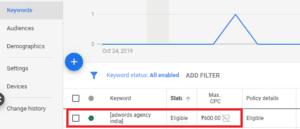
While you are targeting a single search term in SKAGs, your ad becomes much more relevant to the search intent of the users. SKAGs cut down the discrepancy from the search terms to the keywords, from keywords to ads and from the ads to the landing page. SKAGs helps to create a streamlined and unified experience for users as well as improve the ad relevancy and CTR. SKAGs also increase your quality score thereby helping you to bid less for the top positions.
25. Too Many Keywords In A Single Ad Group
We can see a lot of Google ads accounts where they put too many keywords with the same sort of theme. Try to keep less keywords for a specific theme for this can be vague. If you have too many keywords, there will be shortage of budget and your campaigns would turn off as your daily budget will get exhausted. With too many keywords in your account, your account will become large and it will become difficult for you to handle and manage.
26. Not Using Click Fraud Detection Software
Your campaign has a high CTR but a very low conversion rate, even after doing everything correct? Your competitors or click bot probably clicking on your ads. Unfortunately, Google doesn’t allow us to see the user IP address your campaigns are receiving the clicks from. To detect and blacklist the suspicious IPs you need to use a third-party click fraud prevention software implemented on your account, the software will automatically put all suspicious IPs into the blacklist and prevent your ads triggering on competitors or bot searces that way you save a lot of marketing budget and your conversion rate improves.
27. Not Using CTA On Landing Page
Call to action (CTA) buttons are the lifeline of your landing page and your business. If someone comes to your website and leaves, without taking any action, what is the use after all? This is why CTAs are important and most of the marketers are in love with CTAs, but many of them provide too many CTAs on a landing page, but it is of no use as only one primary Call to action button is required, right? Too many distractions in your landing page can damage your conversions. So, you should stick to only one CTA and try making it colourful and prominent in your landing page.
The purpose of a landing page must be clear and it should be enticing enough to compel a user to take some actions. CTAs ensure that these actions are visible.
28. Not Optimizing Your Landing Page For Mobile Devices
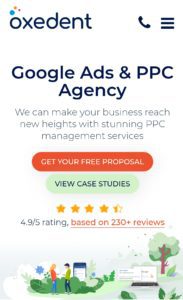
It is crucial that you make your landing pages as well as contact forms optimised for mobile visitors as well. Form filling on mobile devices actually bear a negative value so try to get the bare minimum information as less as possible you need to know for accomplishing your goals. You can follow up later for gathering more information about your customers. There are several types of devices so you should create your landing page that would work across all the devices and you get the best results. It is important to have a responsive website so that the landing pages can be displayed across various devices.
29. Not Linking Your Google Analytics To Your Google Ads Account
Both Google ads and Google analytics provide vital information but if they are work independently, they will not be able to provide you the full picture of your customers. You can see the keywords and ads that have brought you maximum conversions but this is only a part of the whole thing. It would not show you what actions do the visitors take on your website after clicking on your ads. This is why Google Analytics is the ultimate rescuer. It is the missing link and provides the missing information to complete the picture. Analytics help you to view the different paths used by the visitors to come to your website and also you can see the factors that influence the conversion rates of your website.
Without linking these two, you cannot be able to see this valuable information about user behavior and keywords or ads that have initiated good conversions. You get the entire picture of your consumer behavior. While linking your Google Ads account to Google Analytics, you can get additional data regarding optimizing your ad campaigns to make more efficient business decisions in the future. In Google Analytics, you can get information about Bounce rates, avg. duration of visit, pages per visit, etc. that help you get a better understanding of your Google ads account, if it is able to drive the right traffic to your website. You can also check if you need improvement in any area. You can also get to know your Google ads cost data as well as the other performance metrics such as avg. CPC and CTR.
How can an advertiser set up google ads conversion tracking for a trueview in-stream ad campaign?
Paste the copied code into the button’s URL field and position the button over the desired CTA area in your video. Finally, save the changes to your video and upload it to your channel. Once your video is live, viewers will be able to click on the button to complete the desired action, and you’ll be able to track conversions in your Google Ads account.
How to set up conversion tracking in google ads
Once you have chosen a type, you will need to select a category and set up your conversion values. Finally, click on the “Create and Continue” button. After your conversion action has been created, you will need to add the tracking code to your website or app. The code can be found in the “Tag Manager” section of your Google Ads account. Once you have added the code, you should start seeing conversions being tracked in your account within a few hours.
What is a good conversion rate for google ads
Ready to grow your eCommerce sales?
Let’s discuss how to scale your eCommerce store with profit and if we’re the right partner to get you there.
